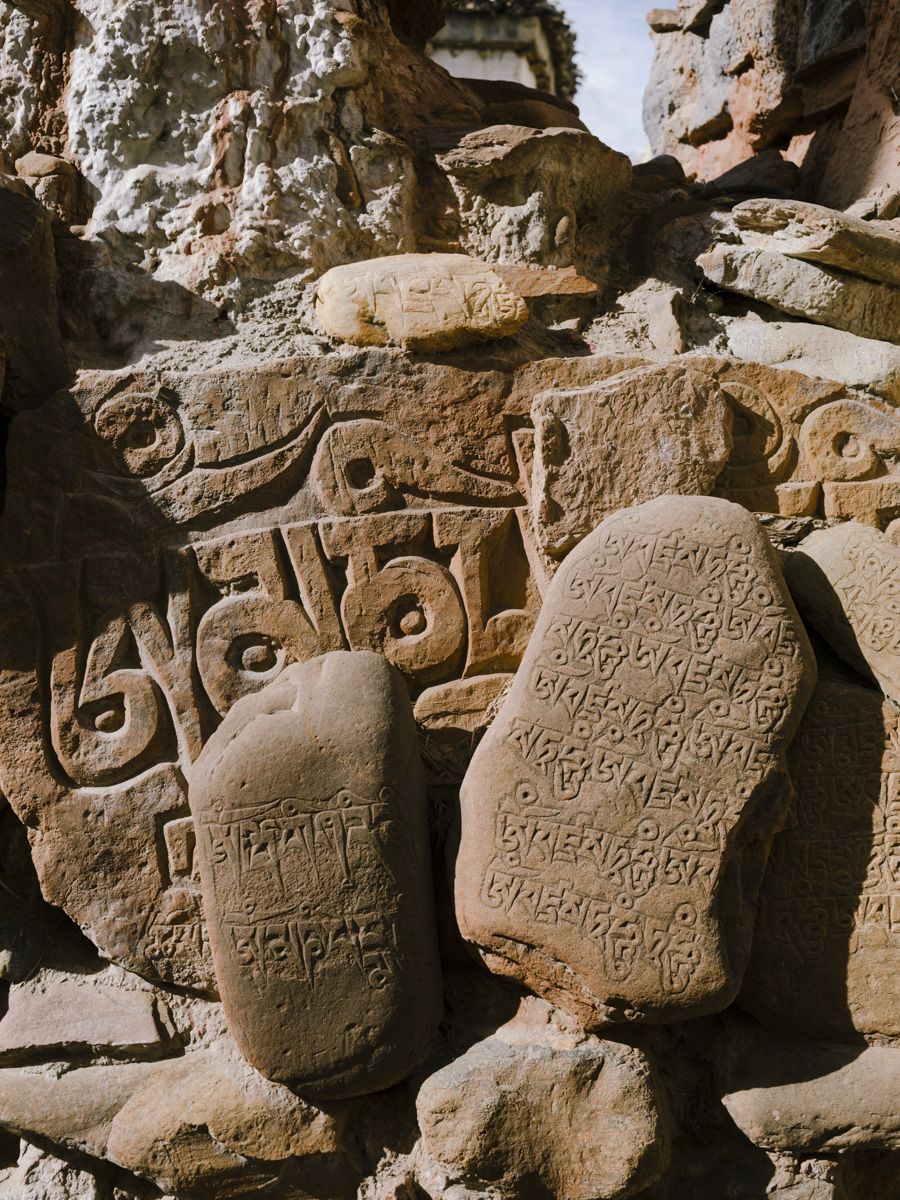

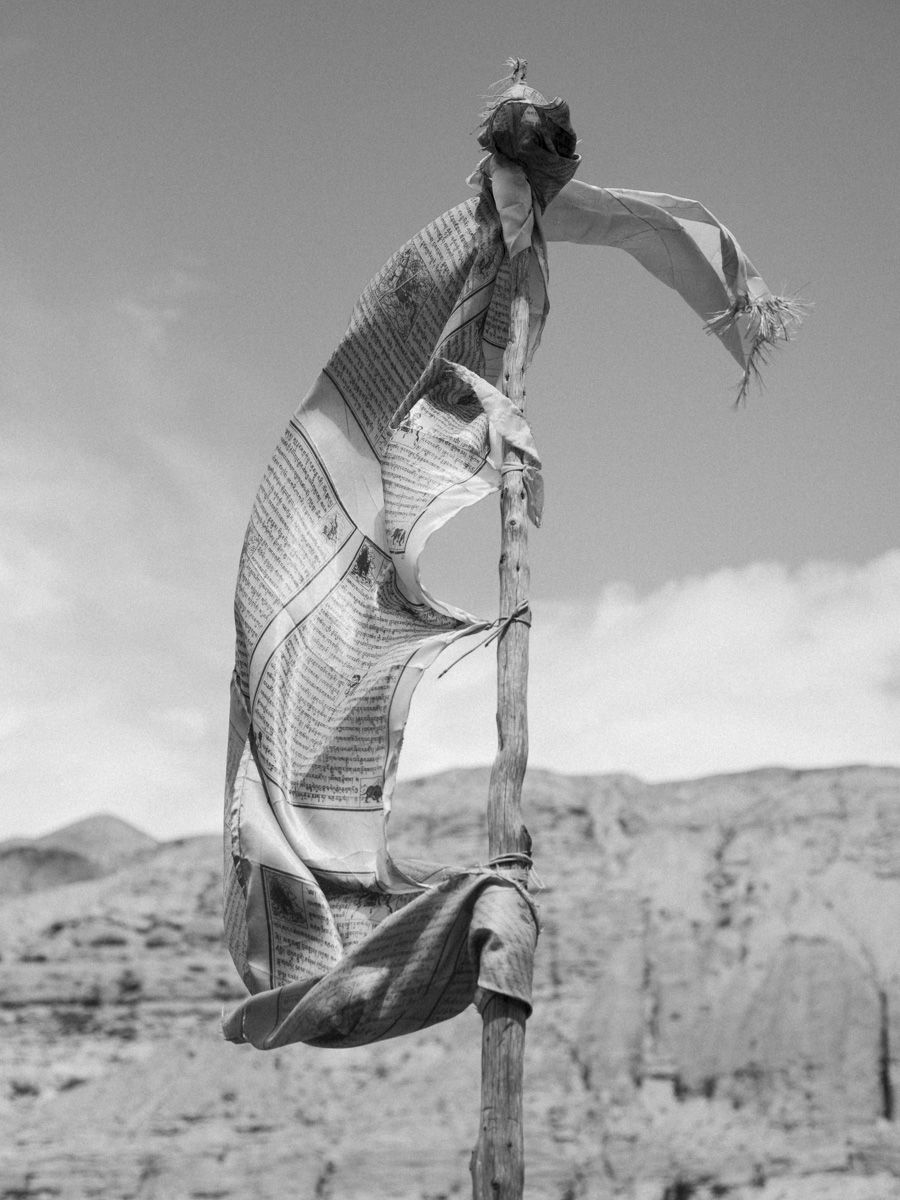
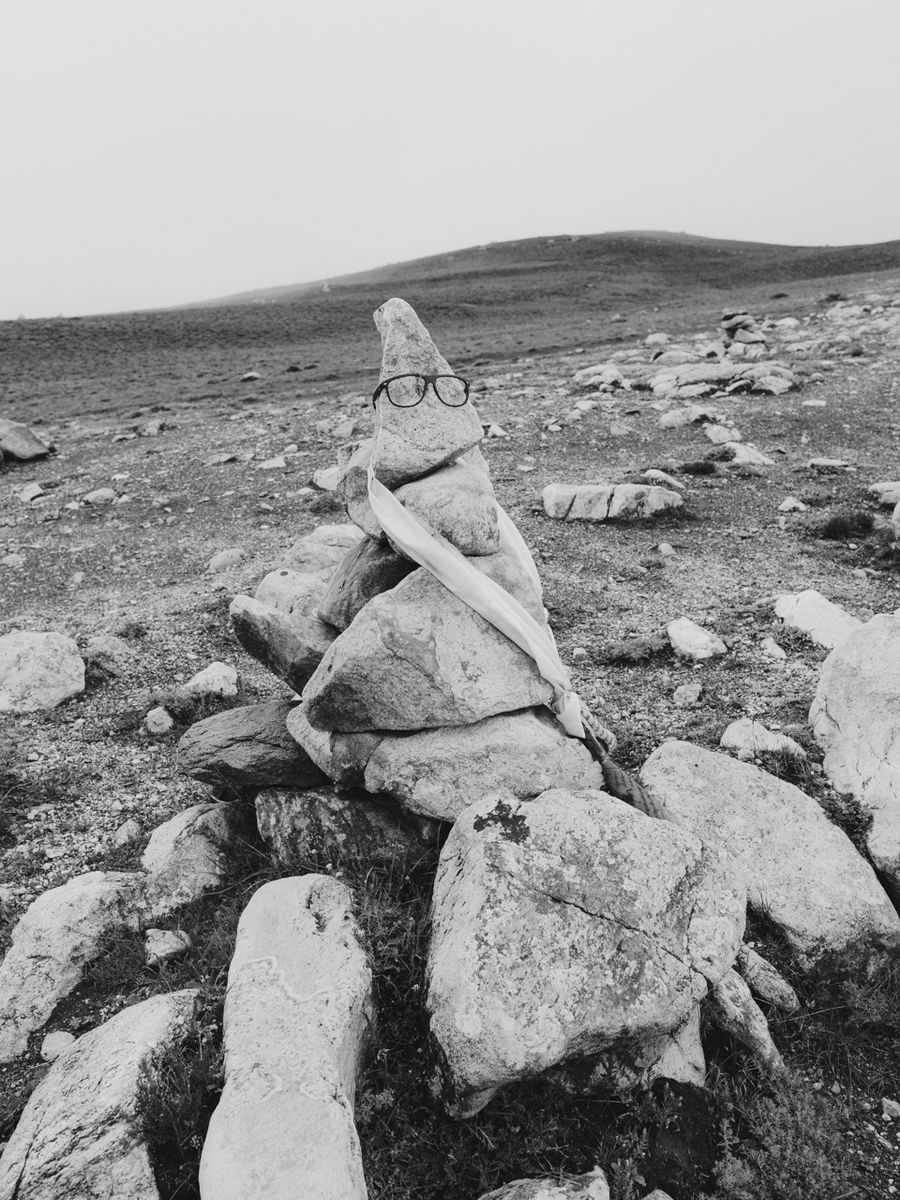
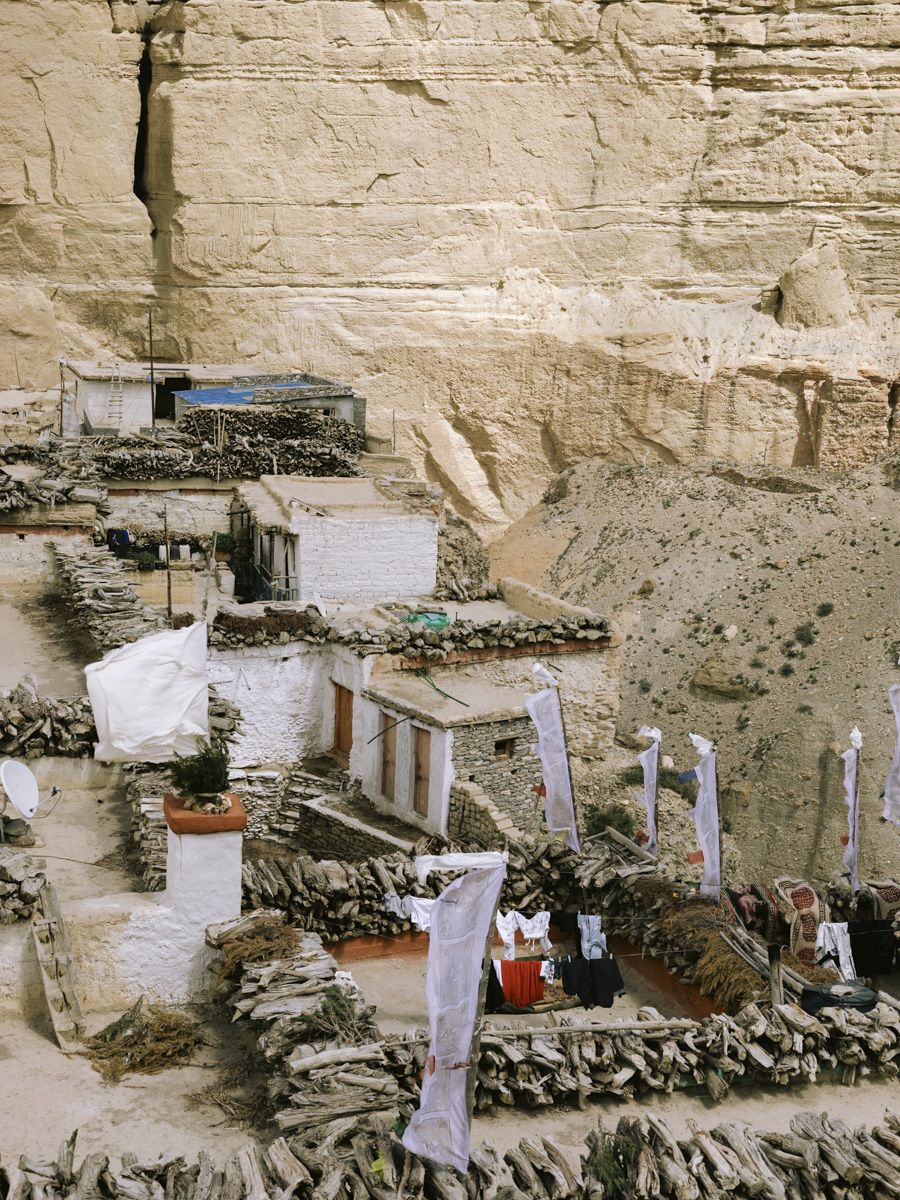
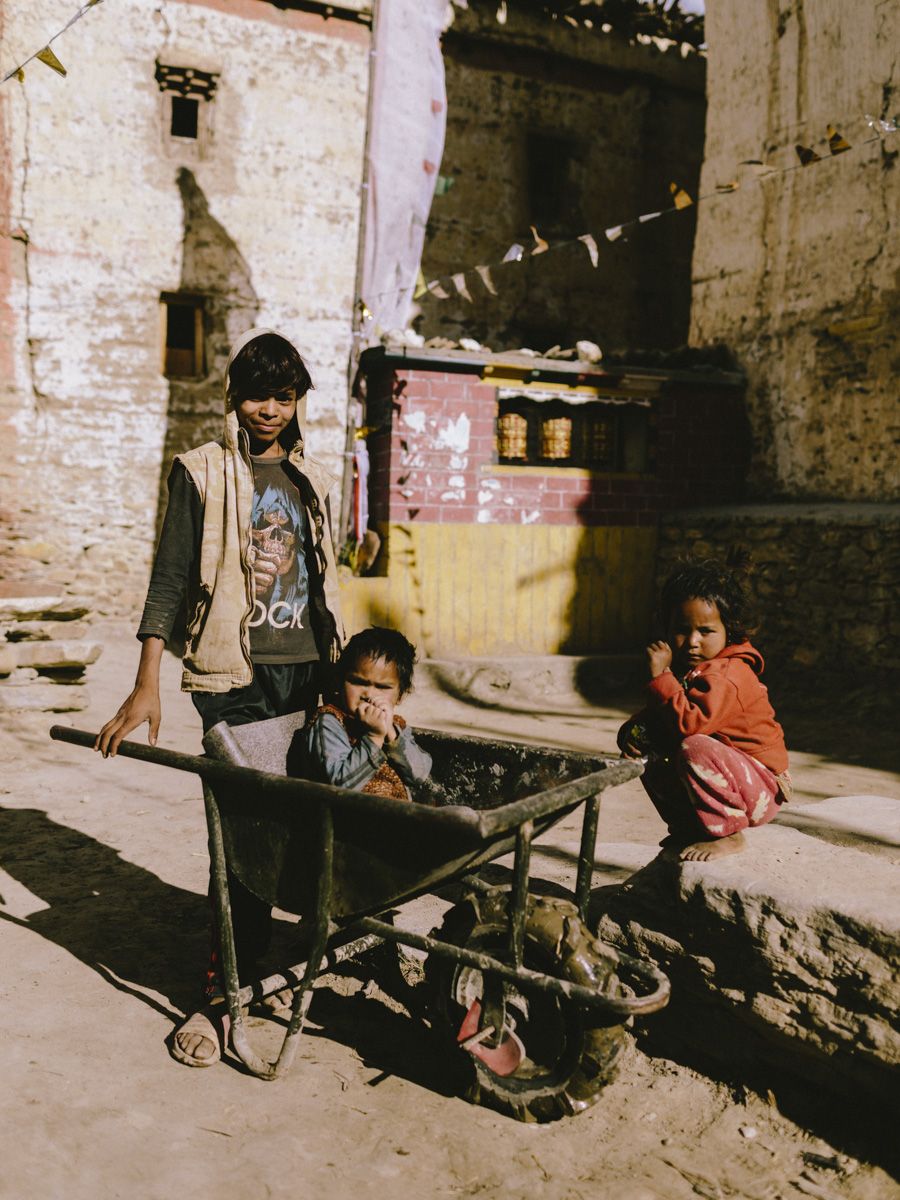
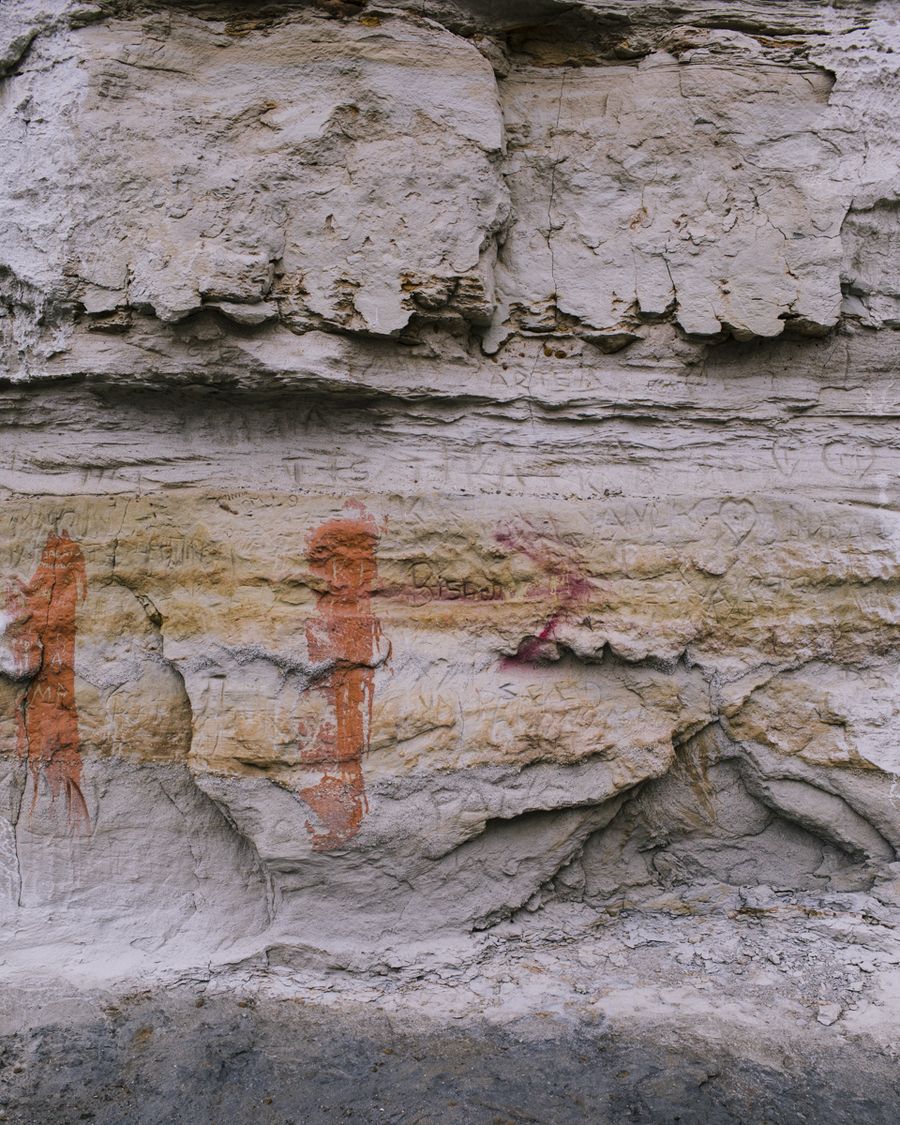
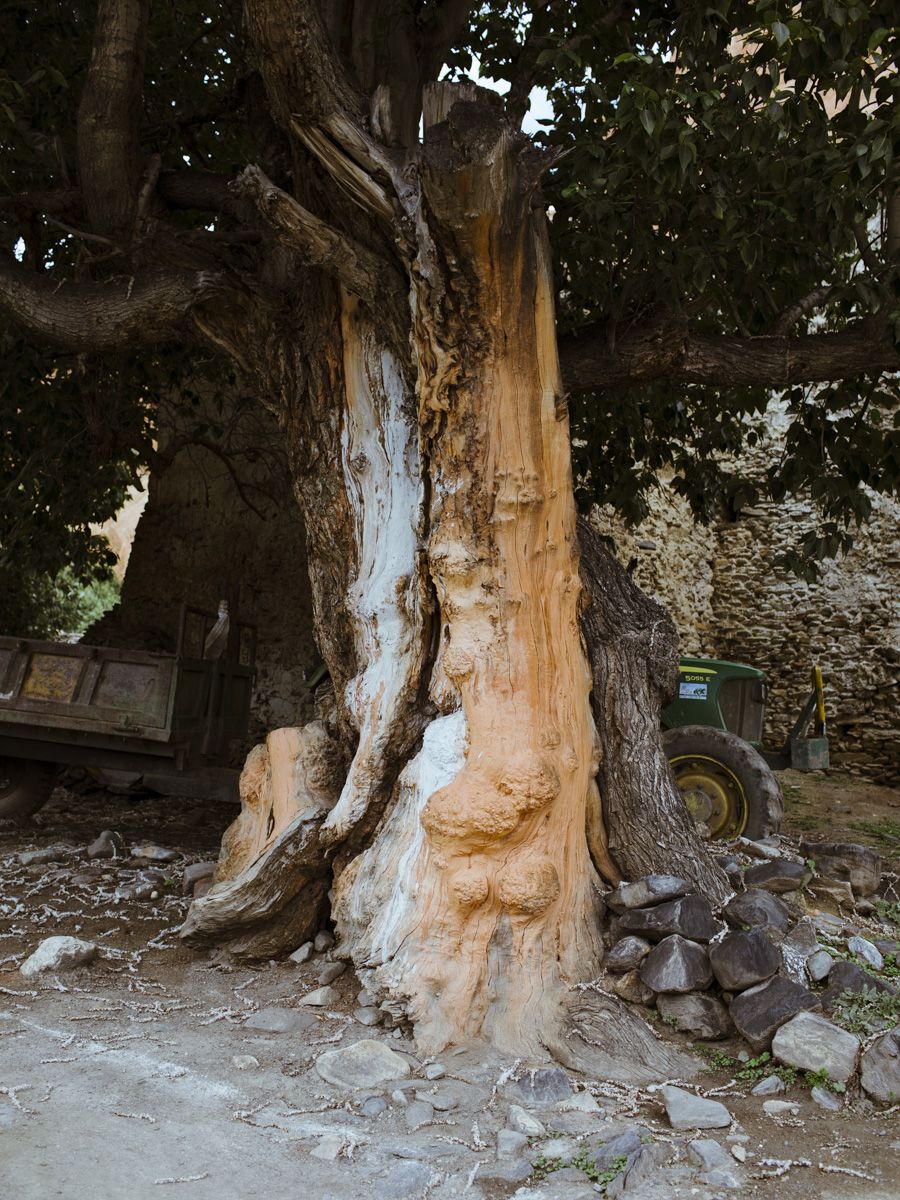
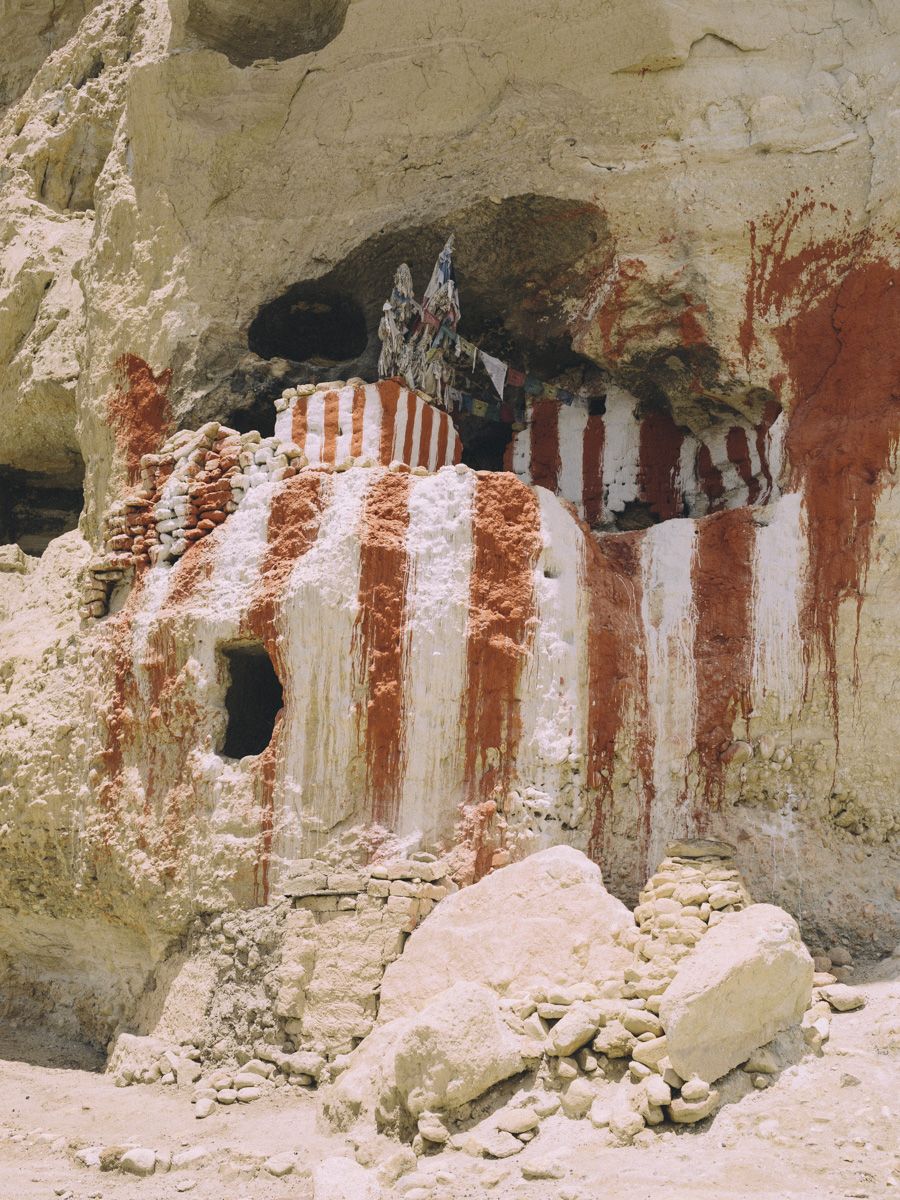
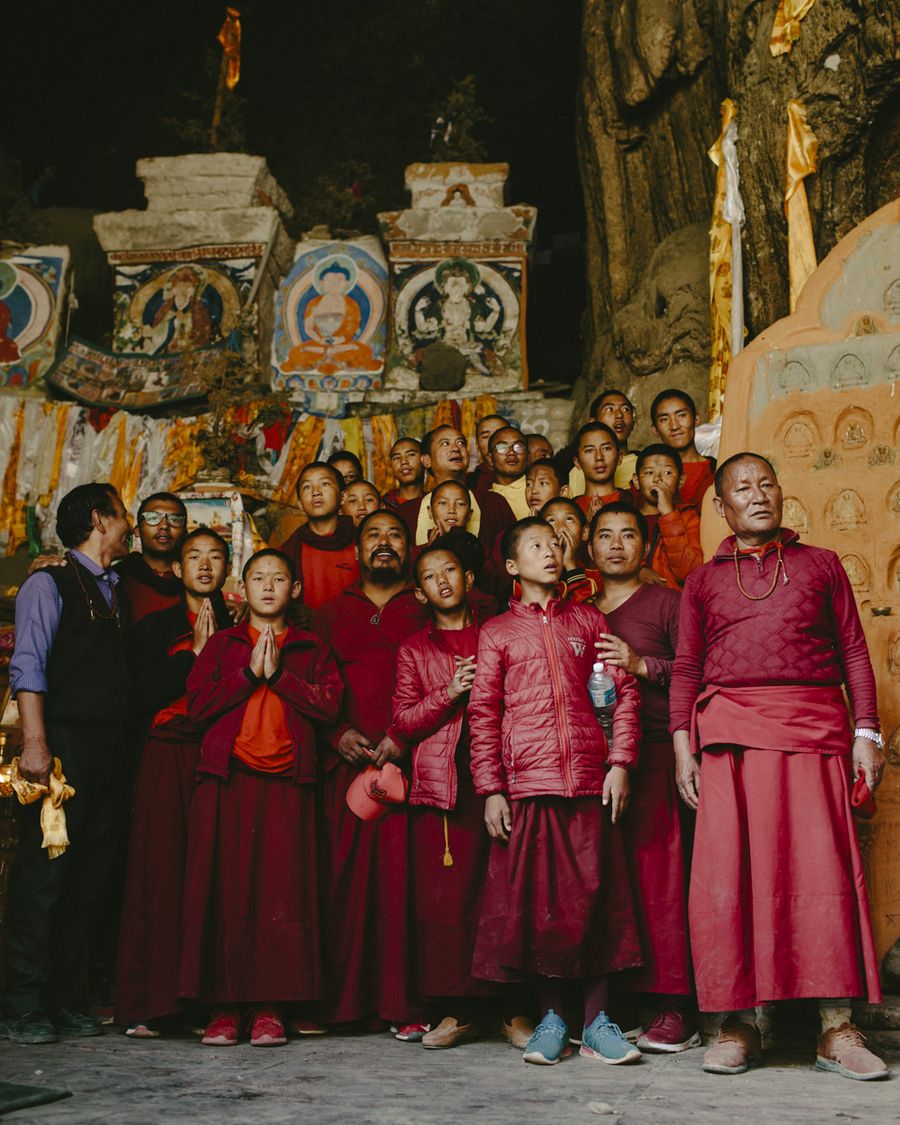
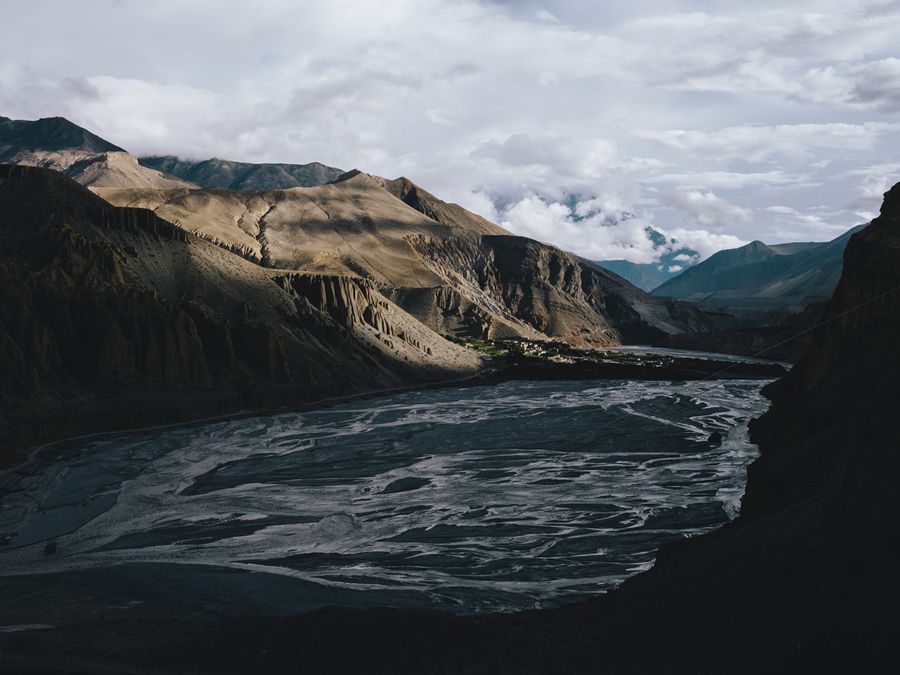
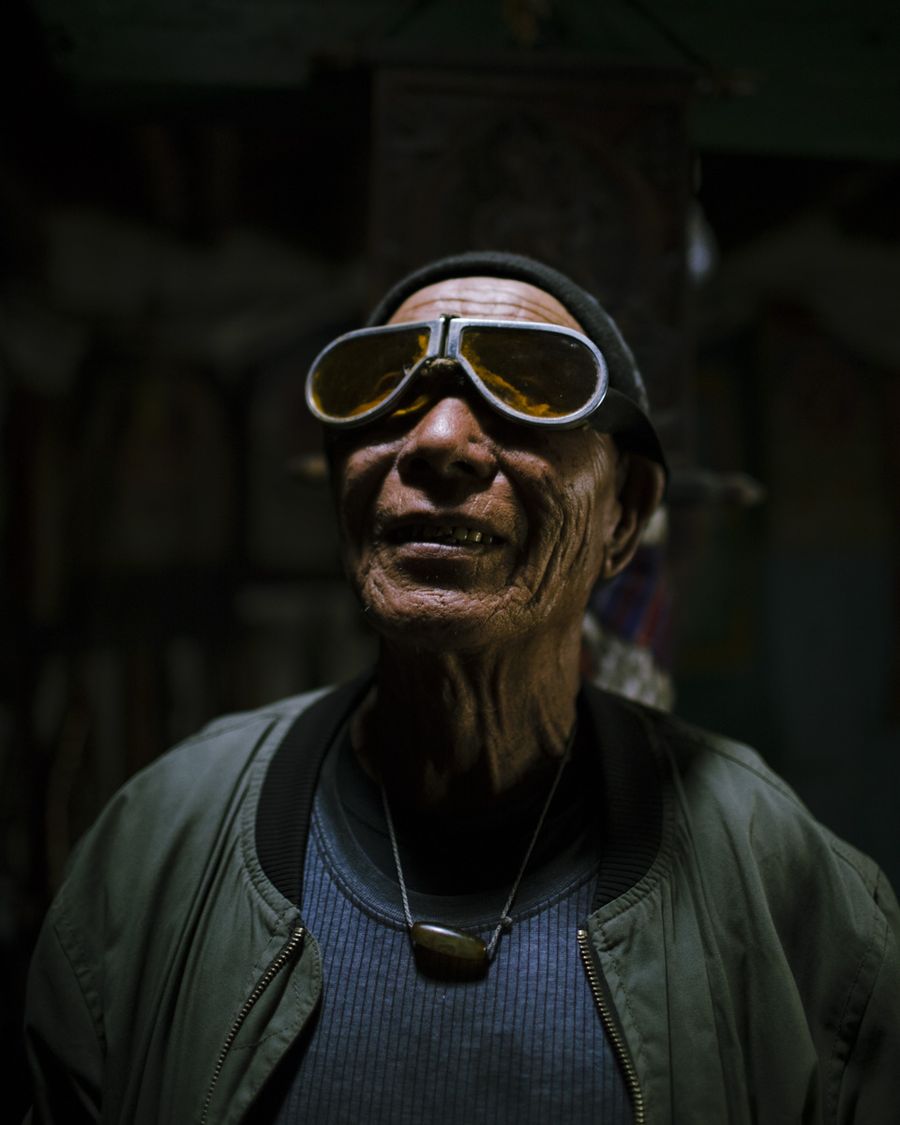
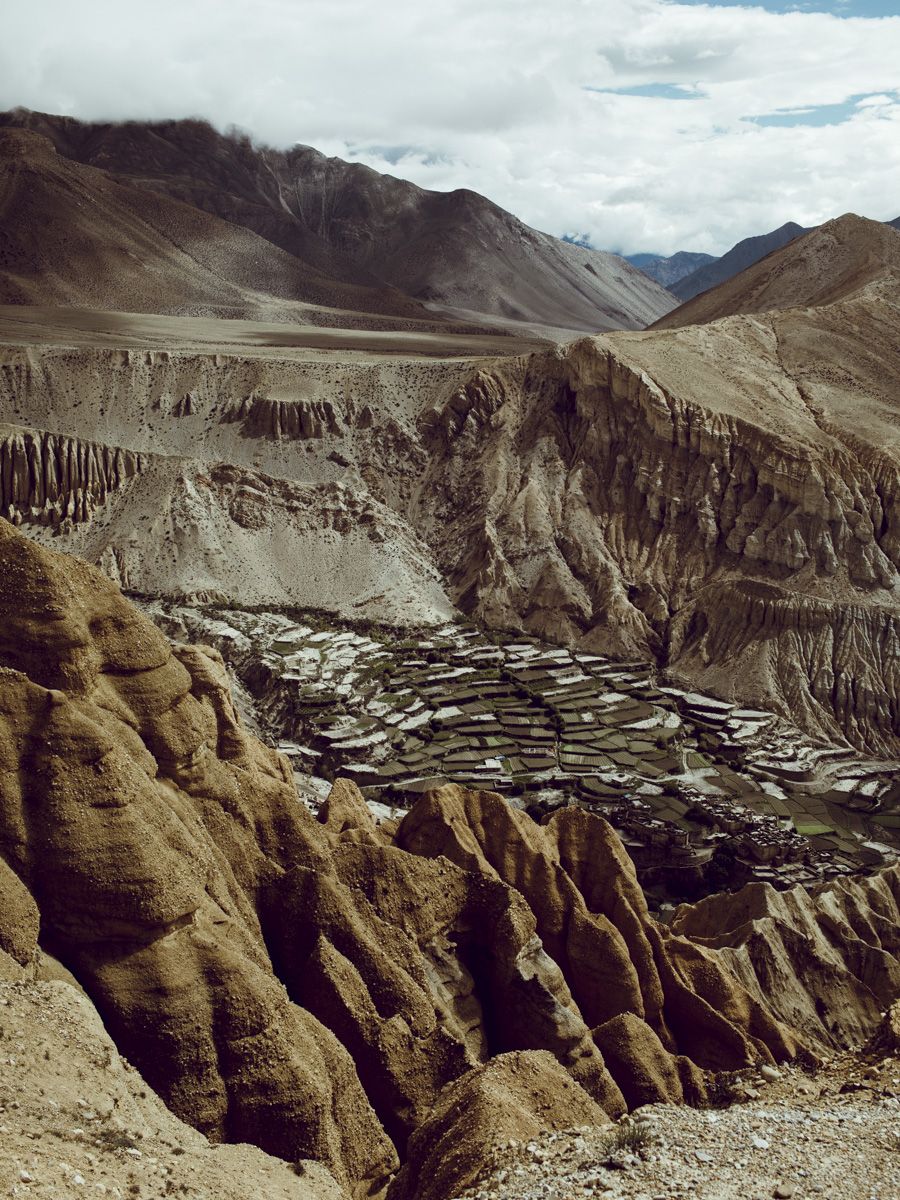
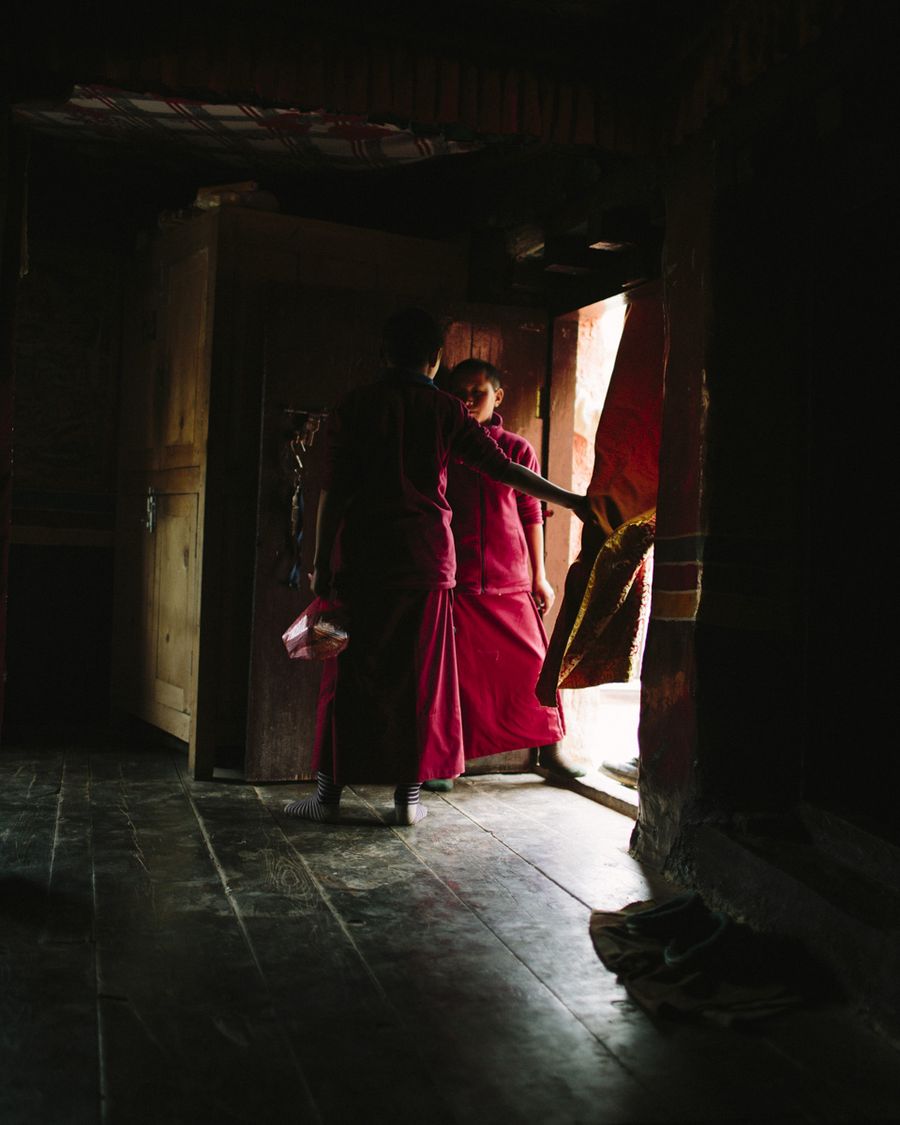
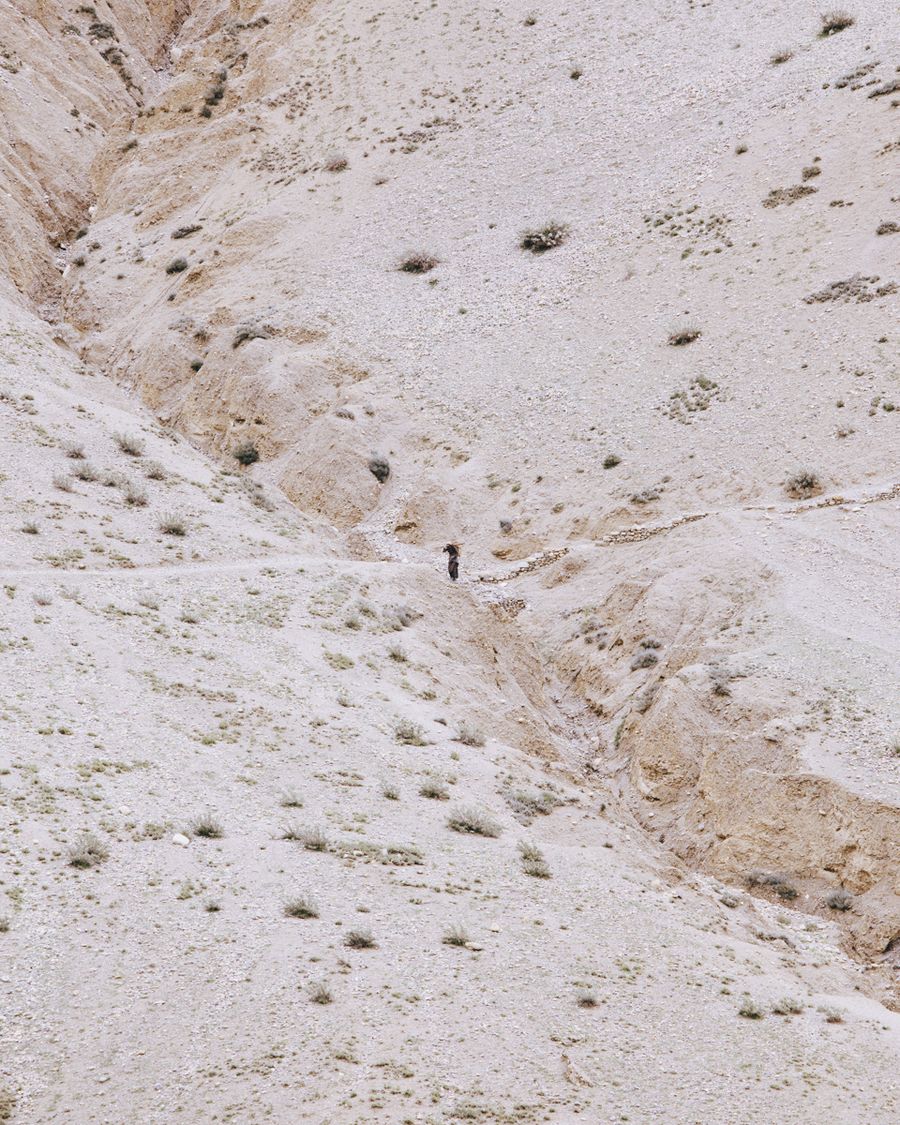
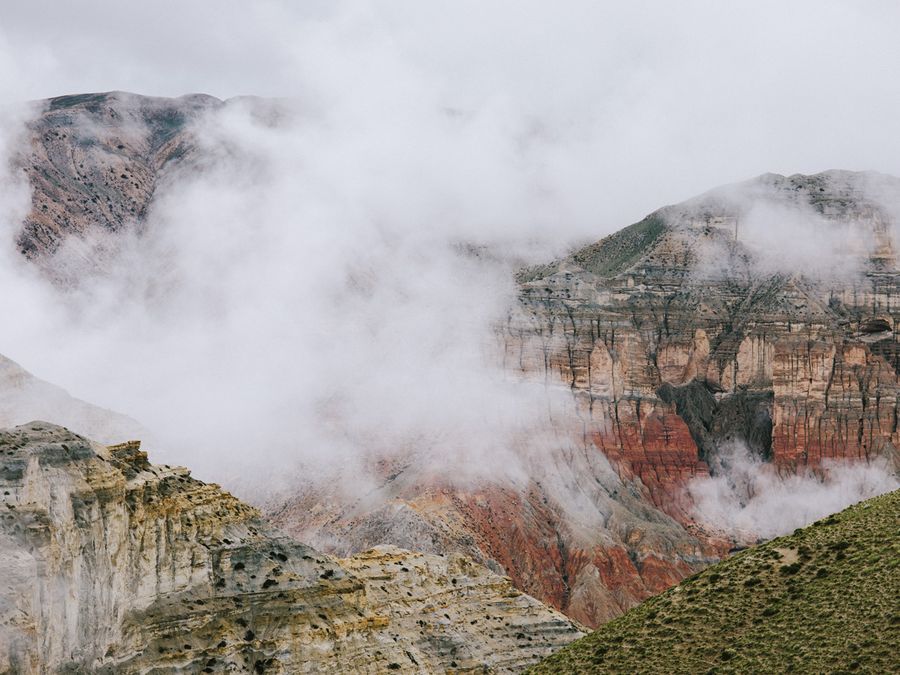
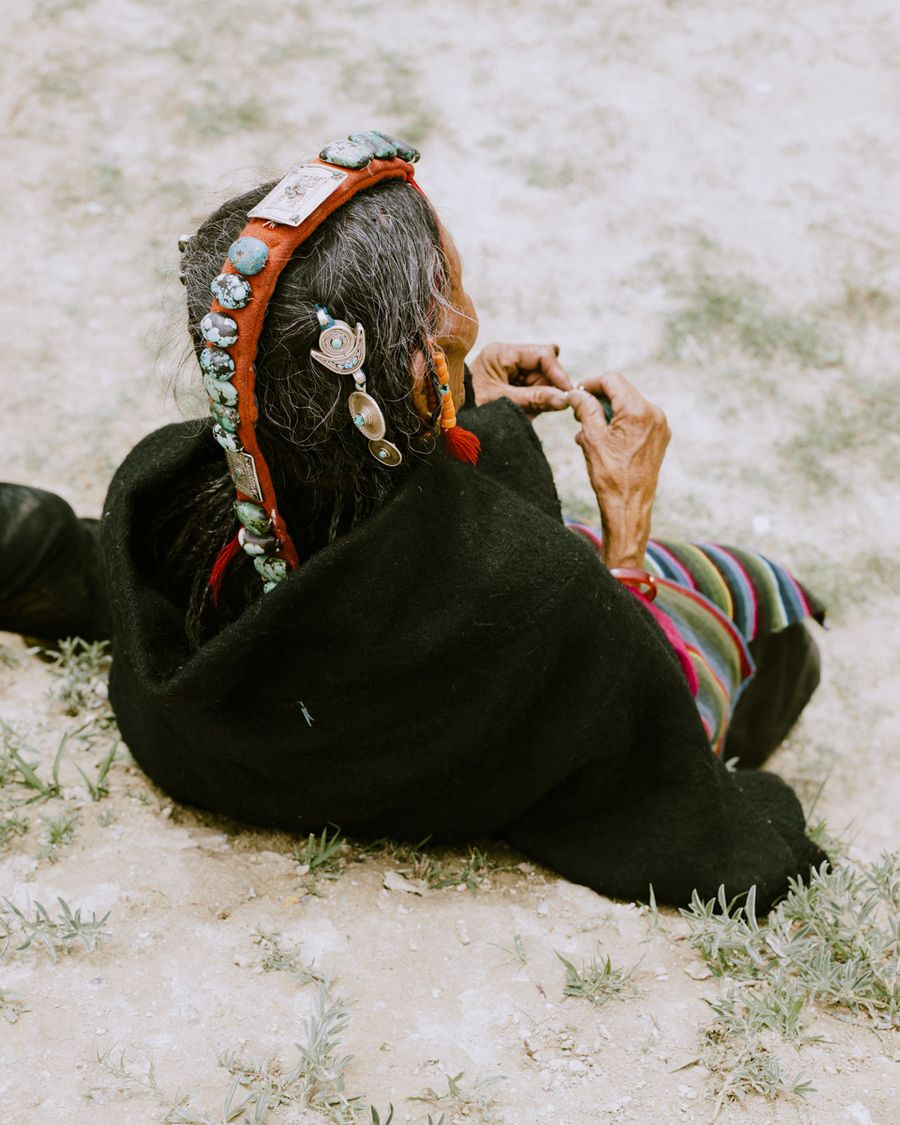
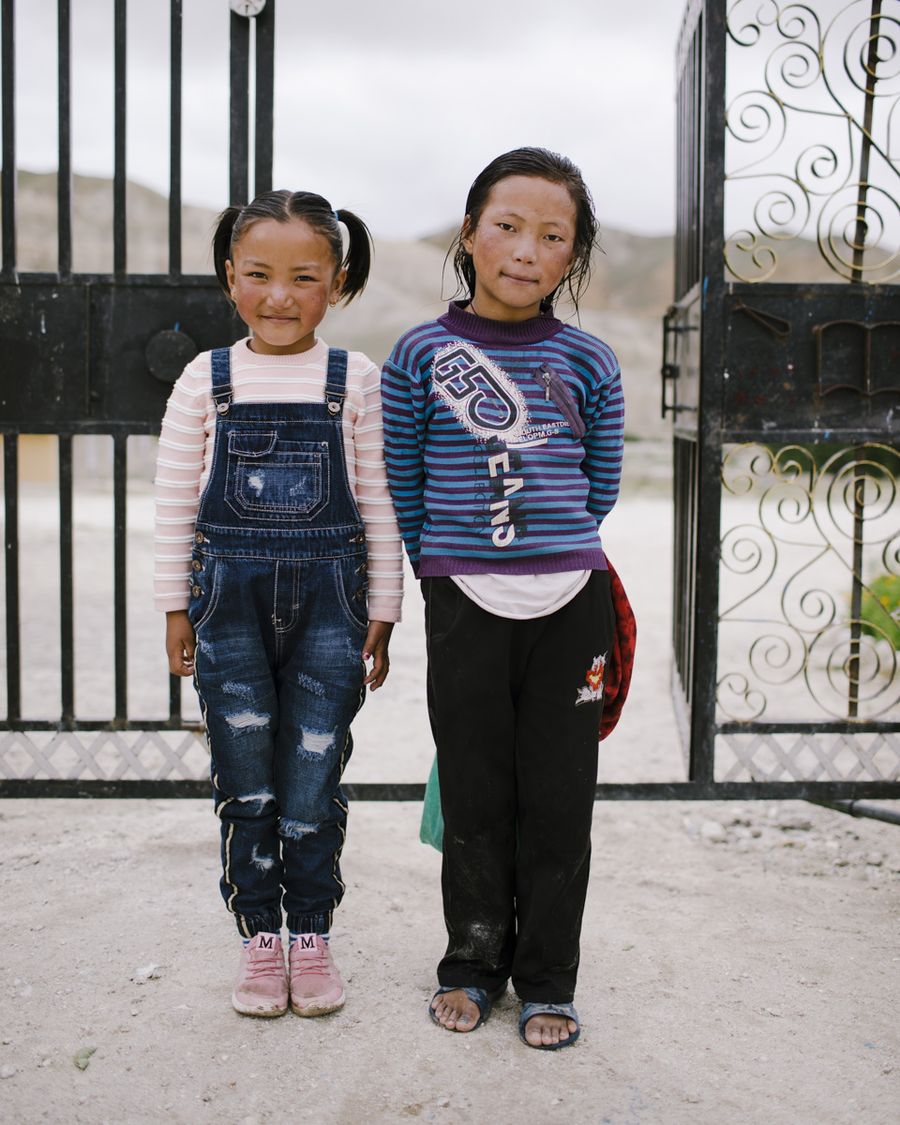
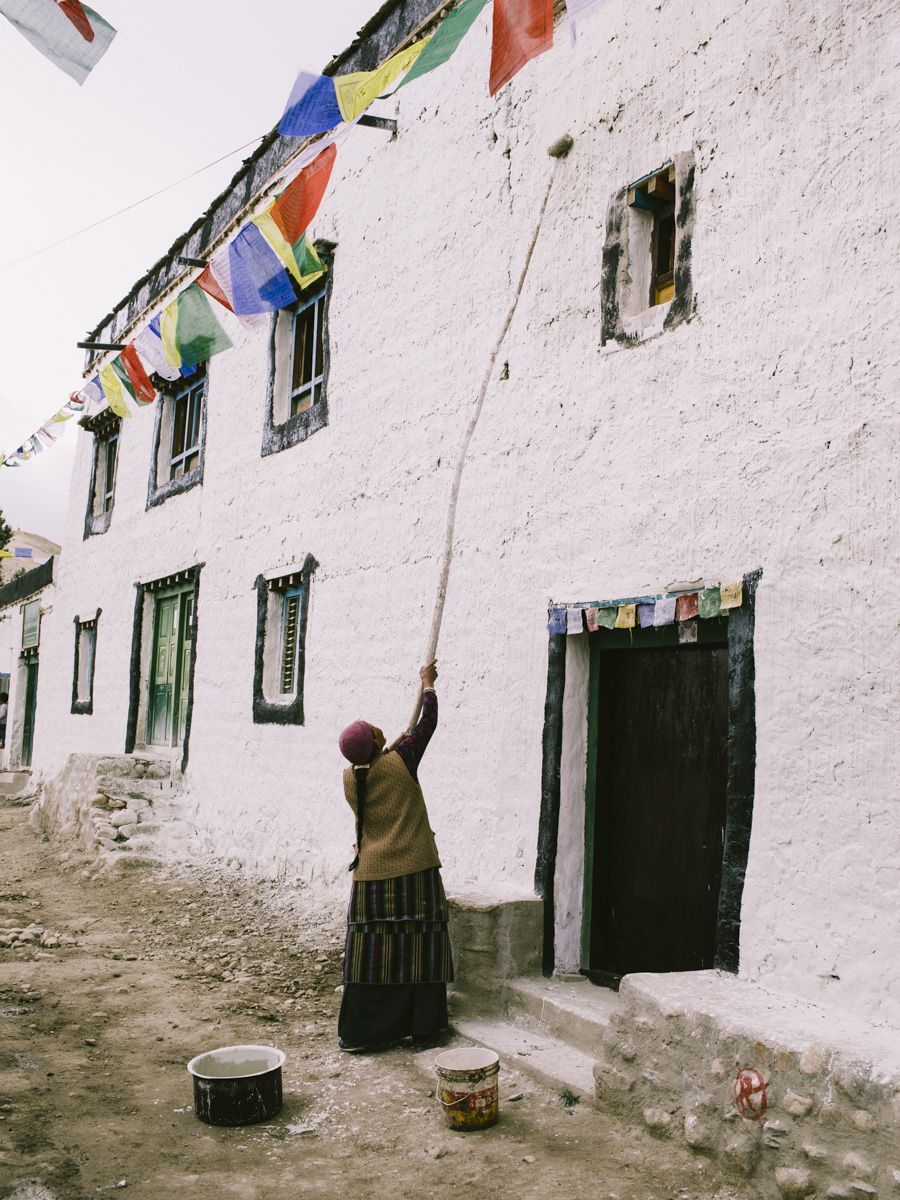
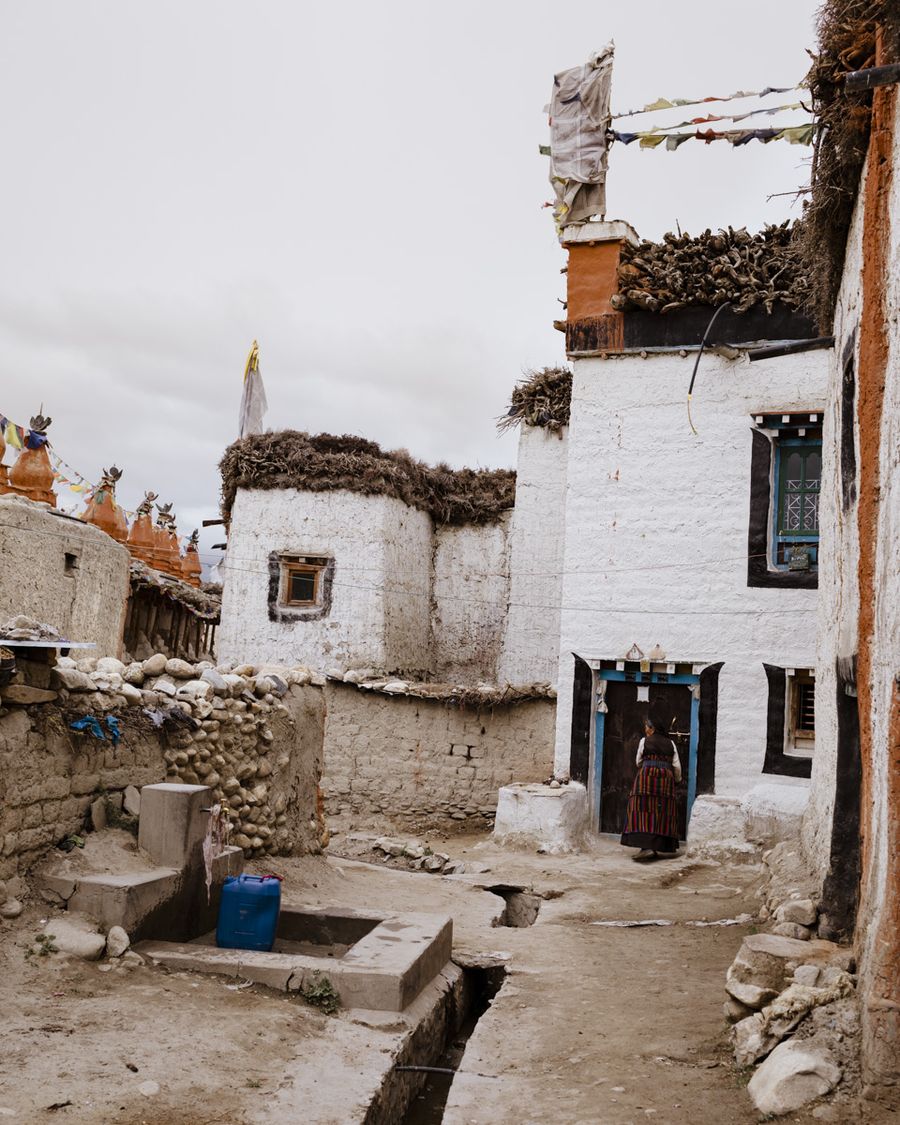
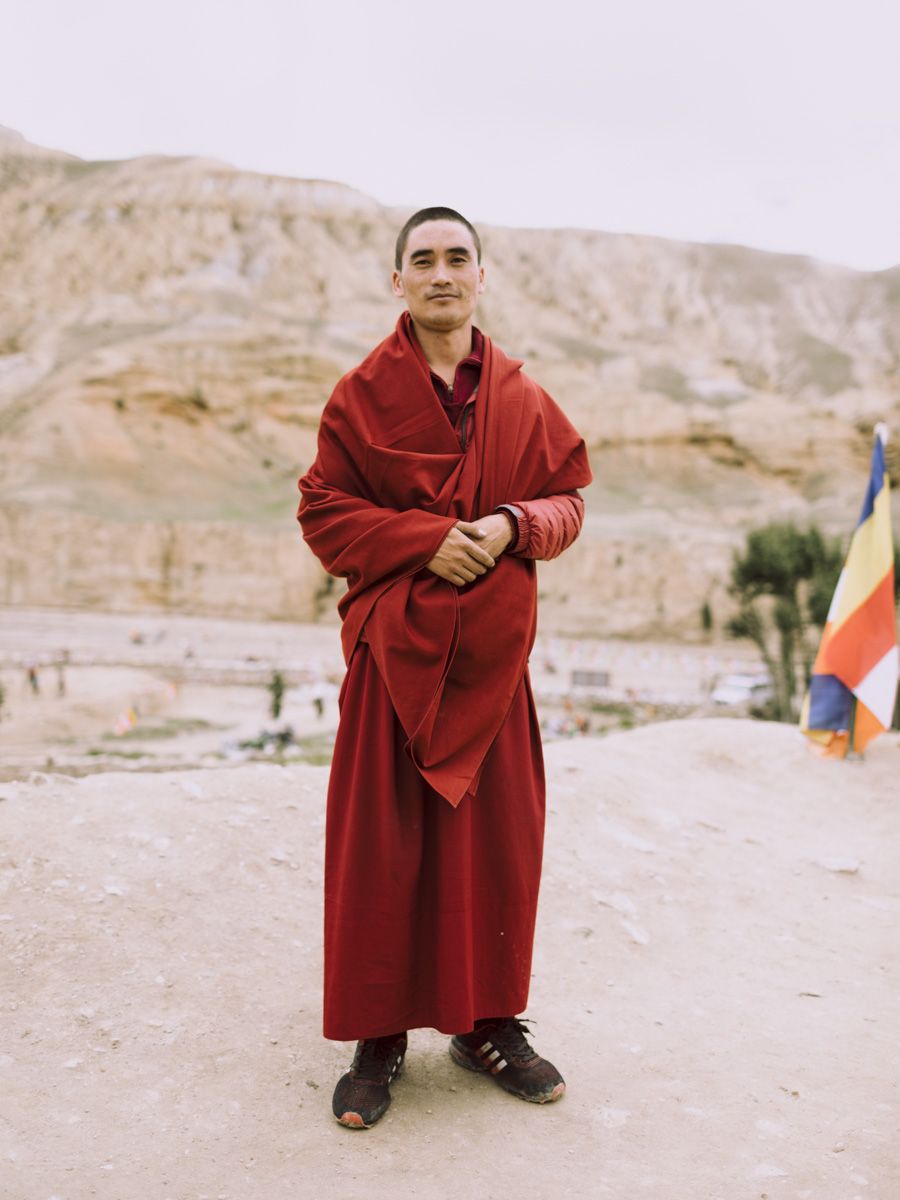
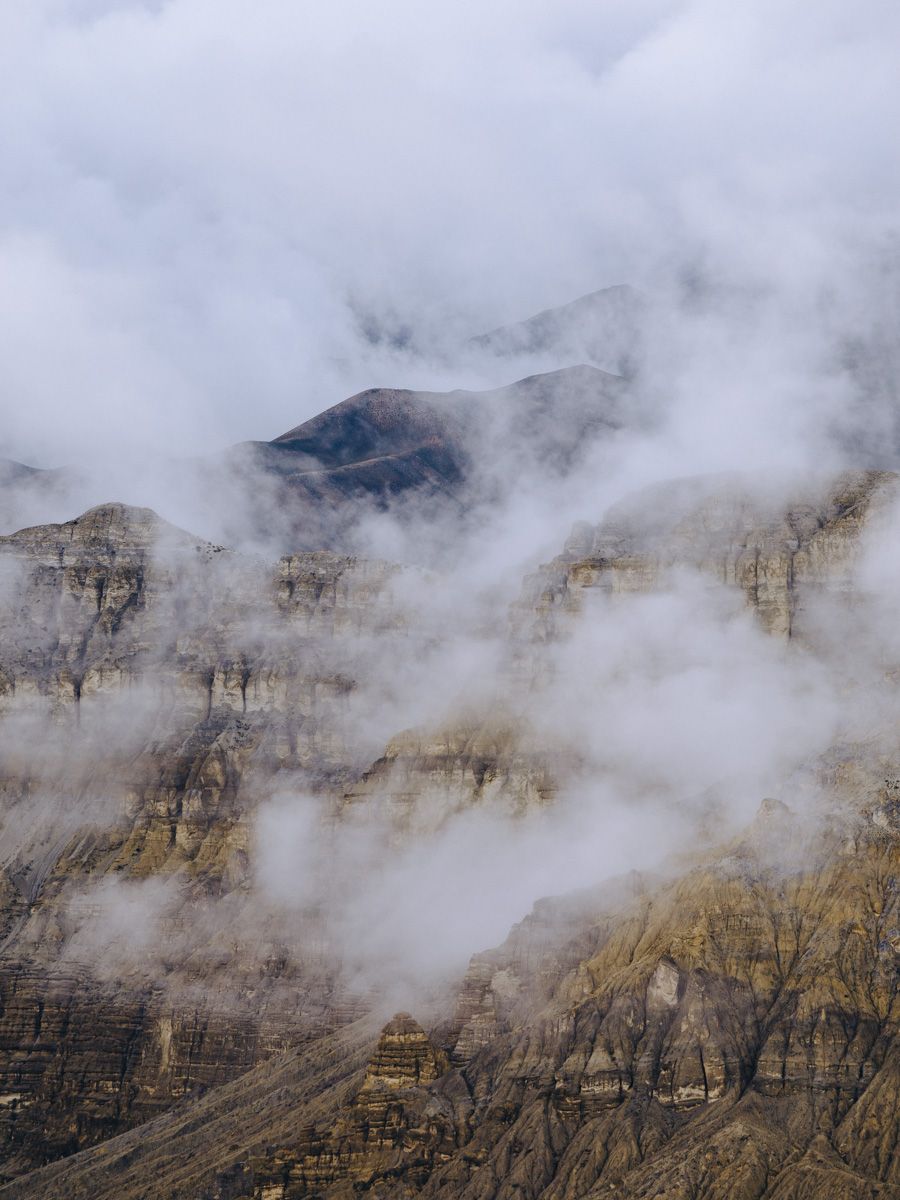
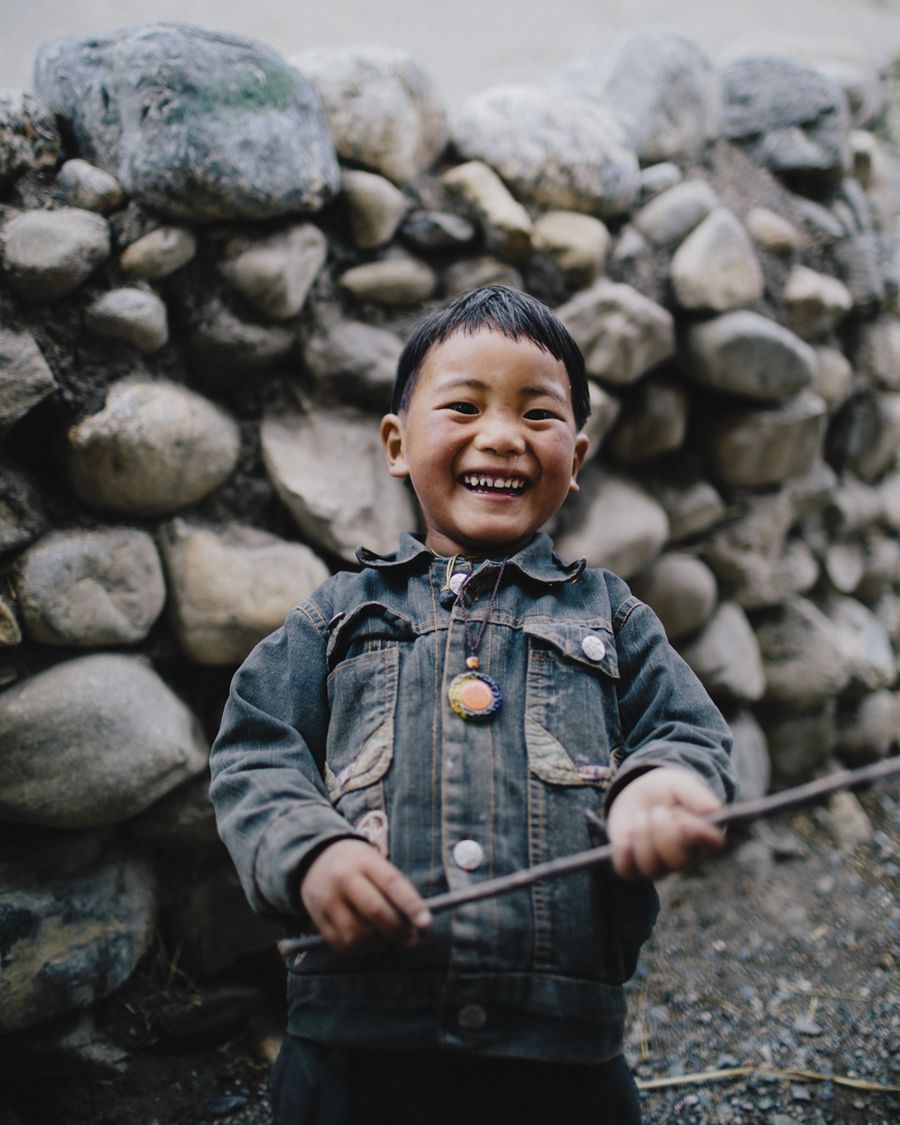
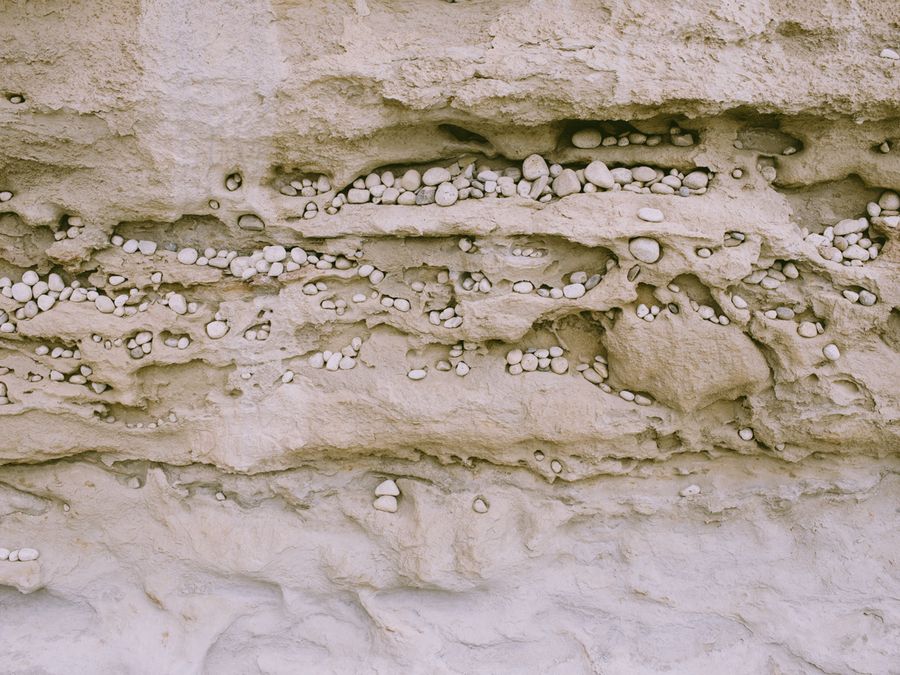
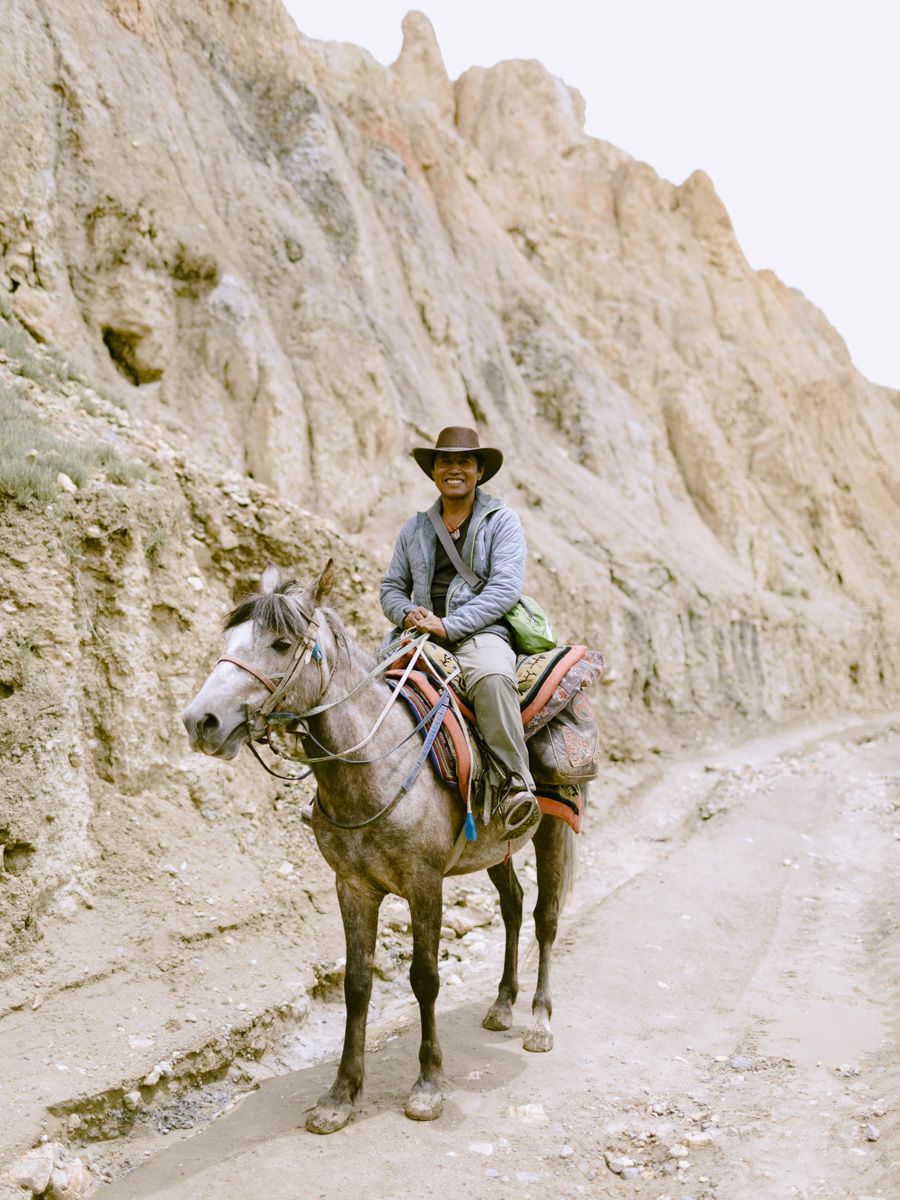
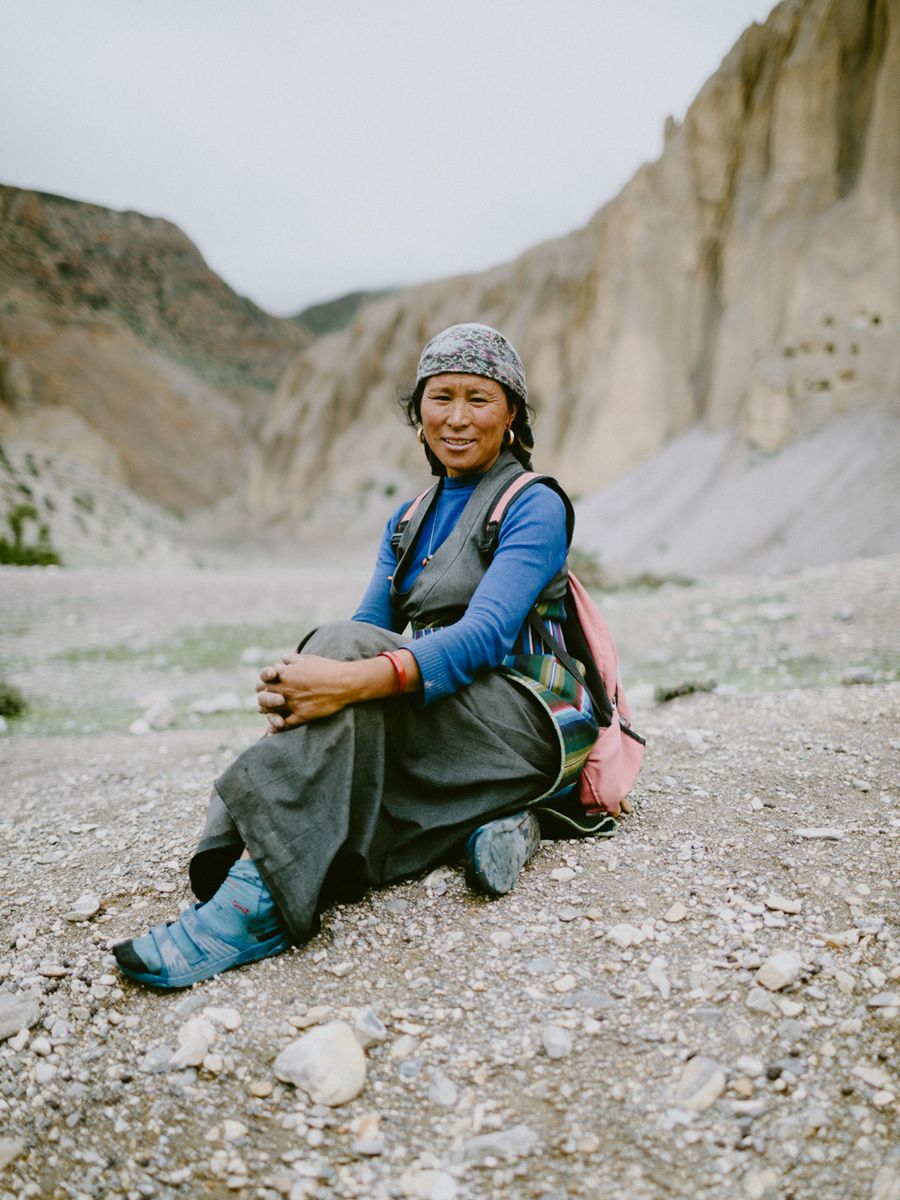
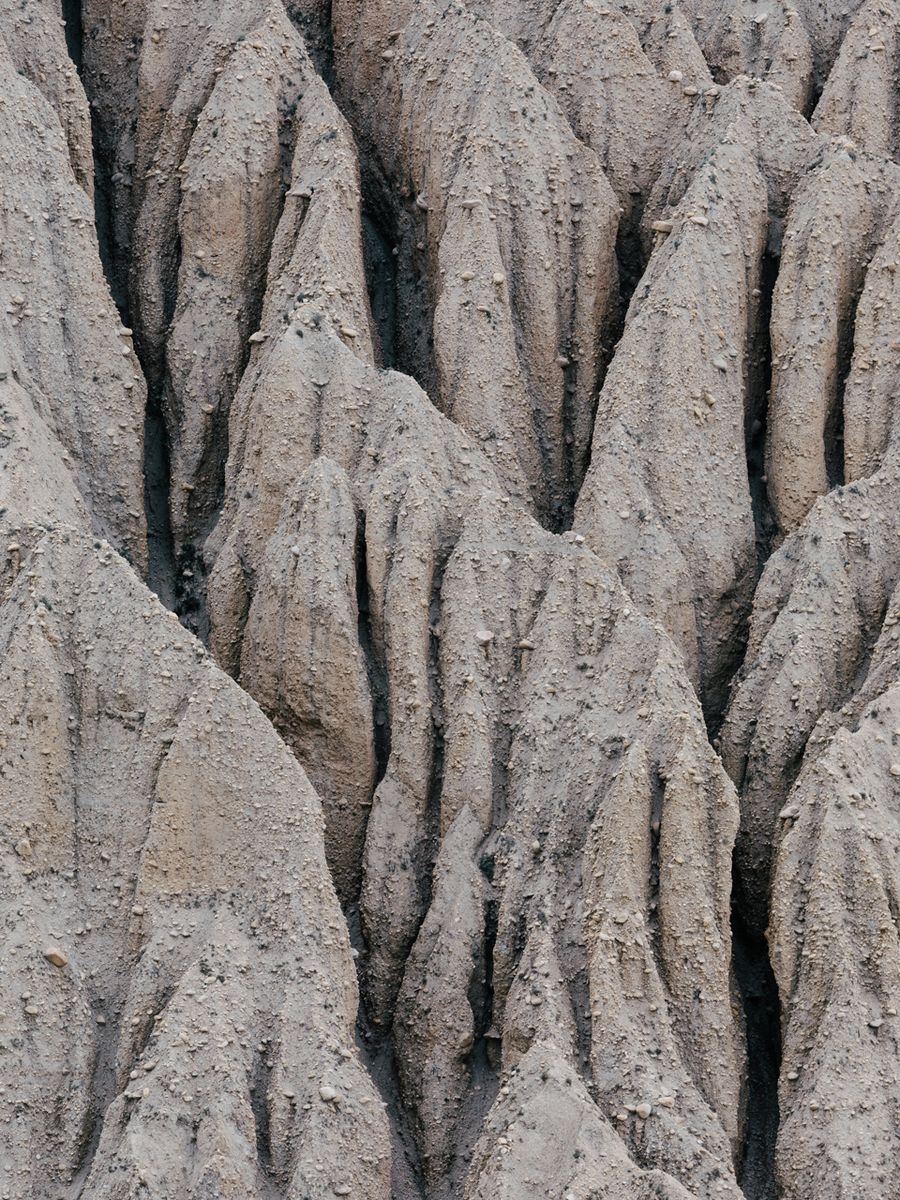
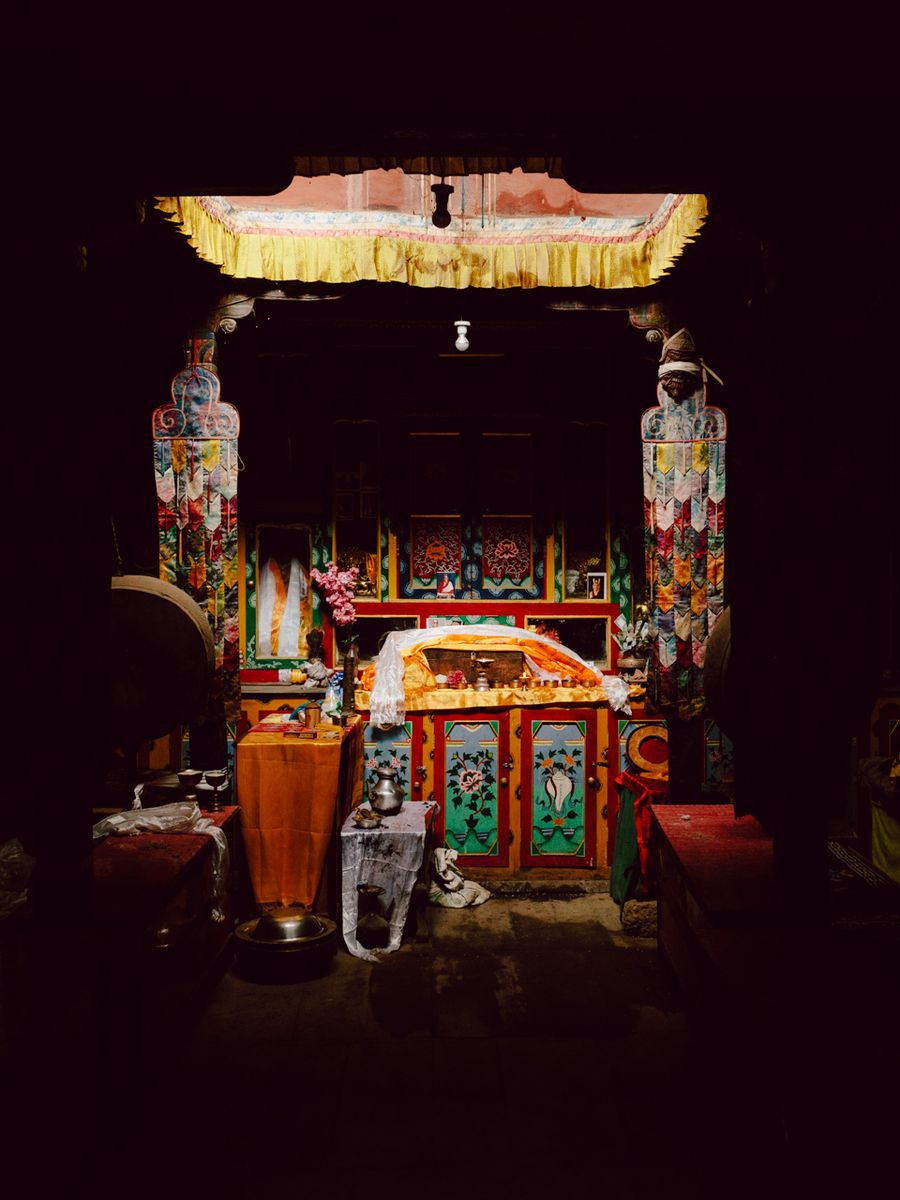
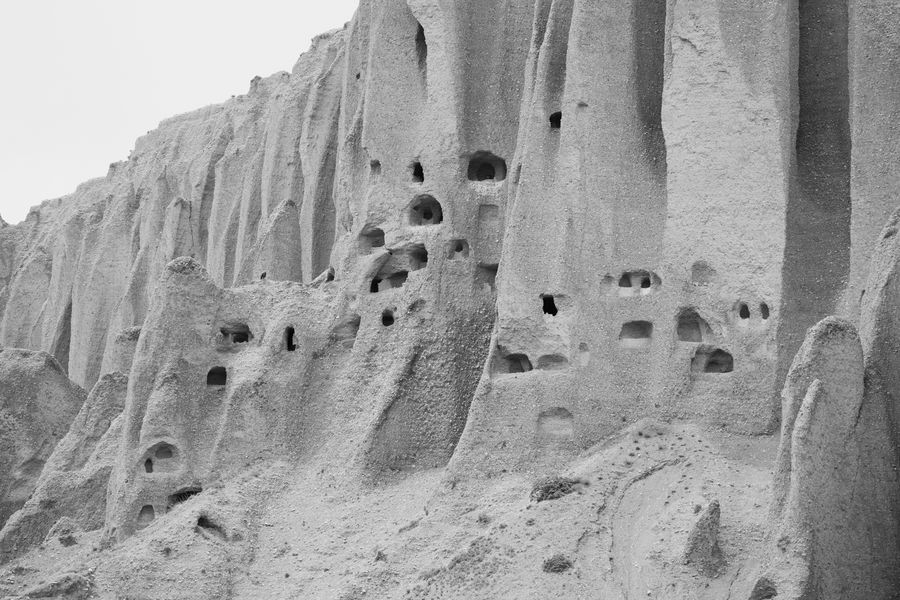
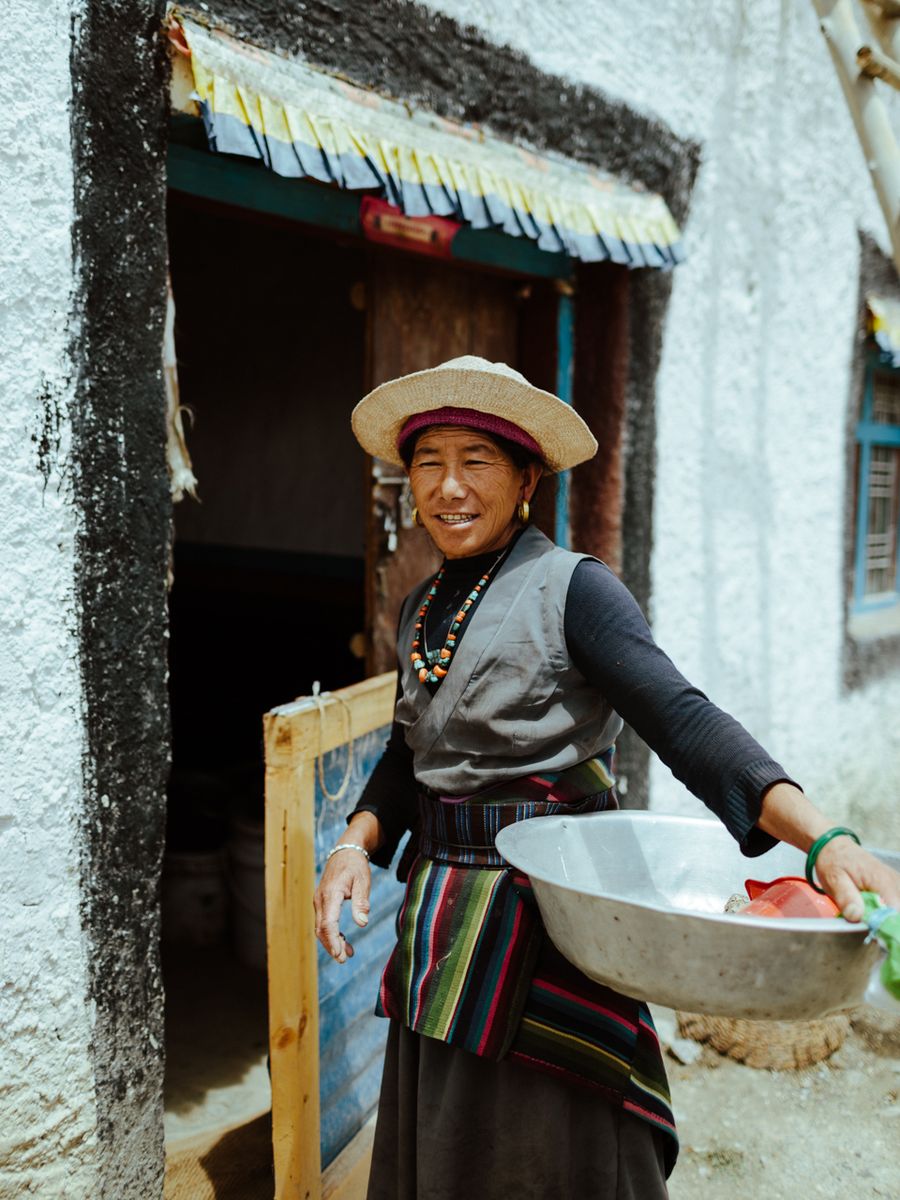
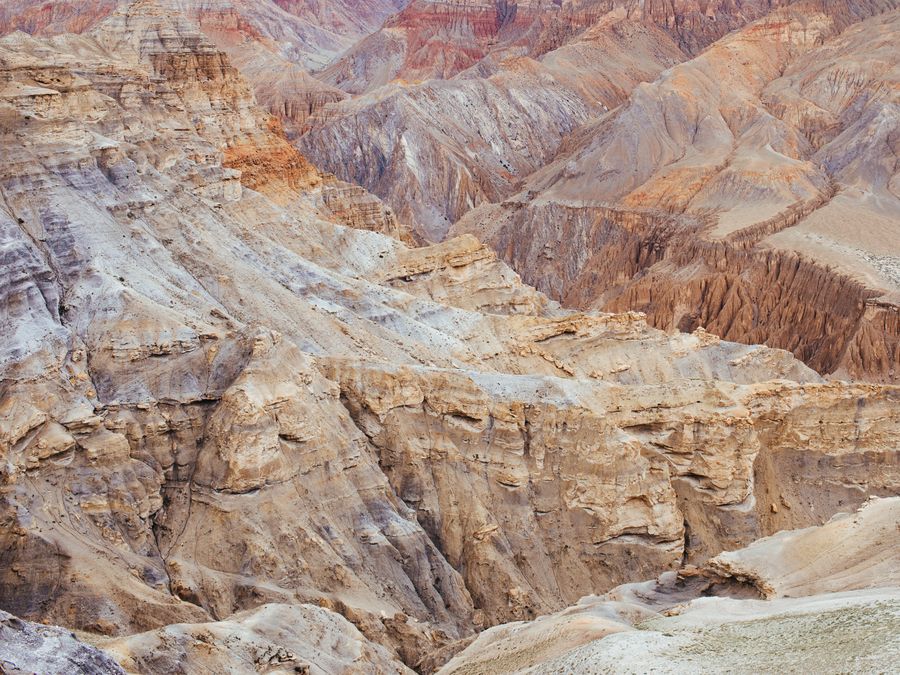
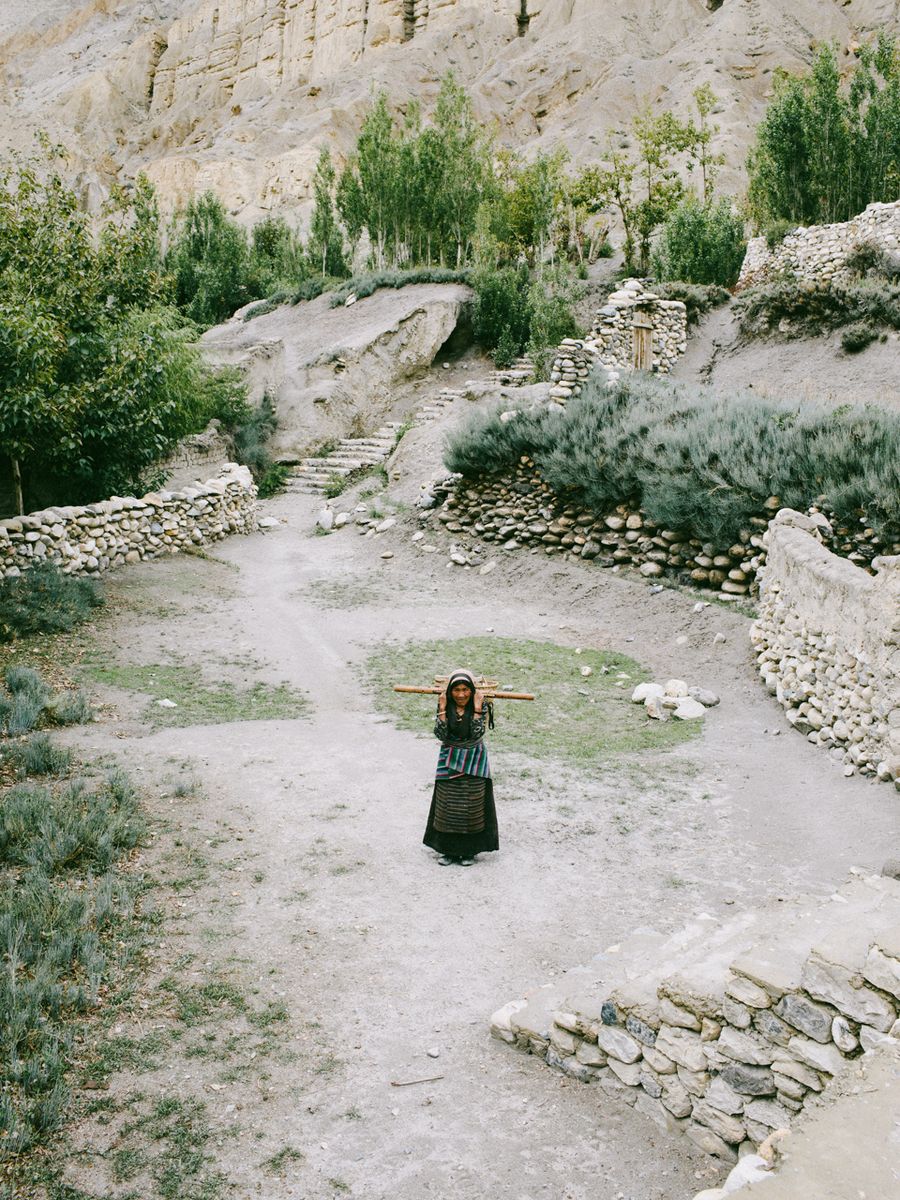
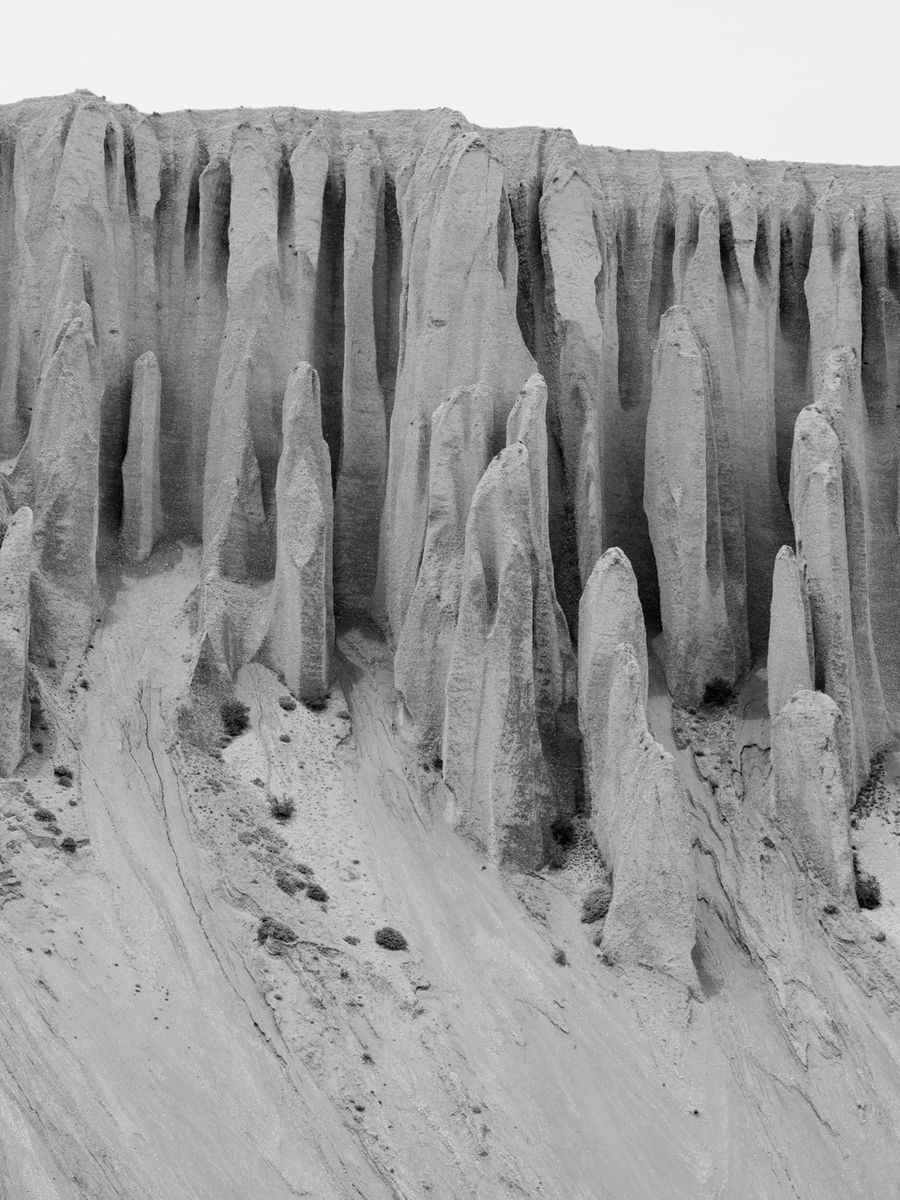
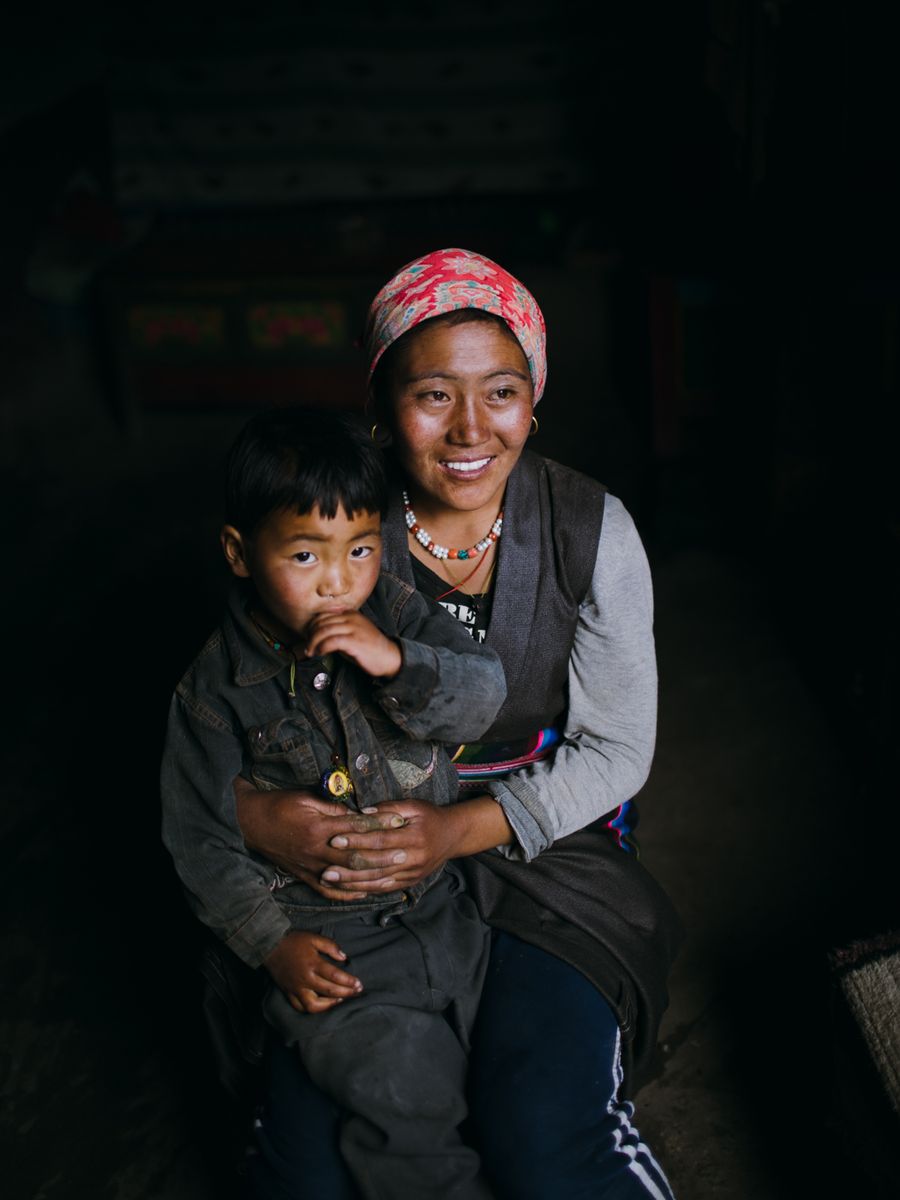
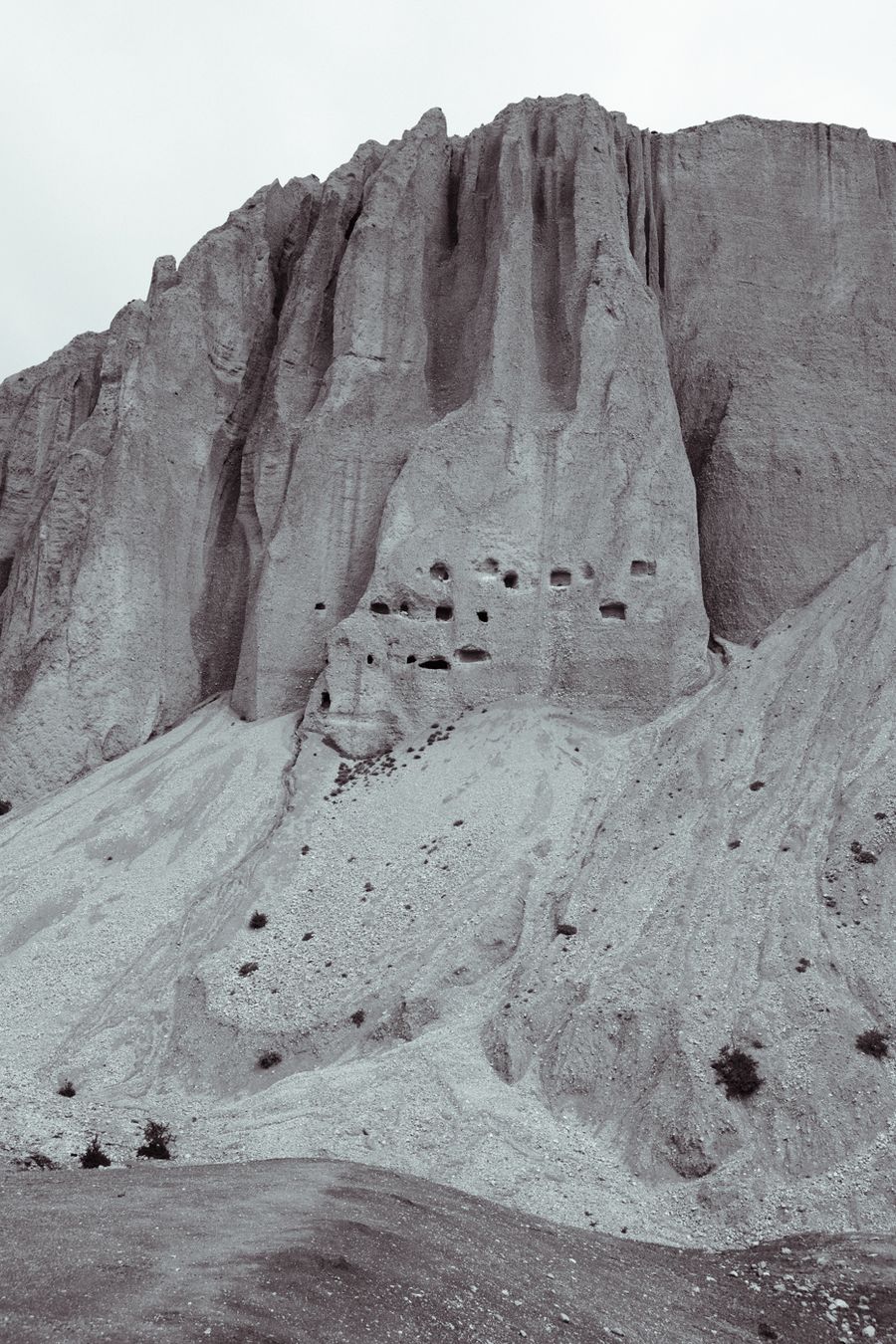
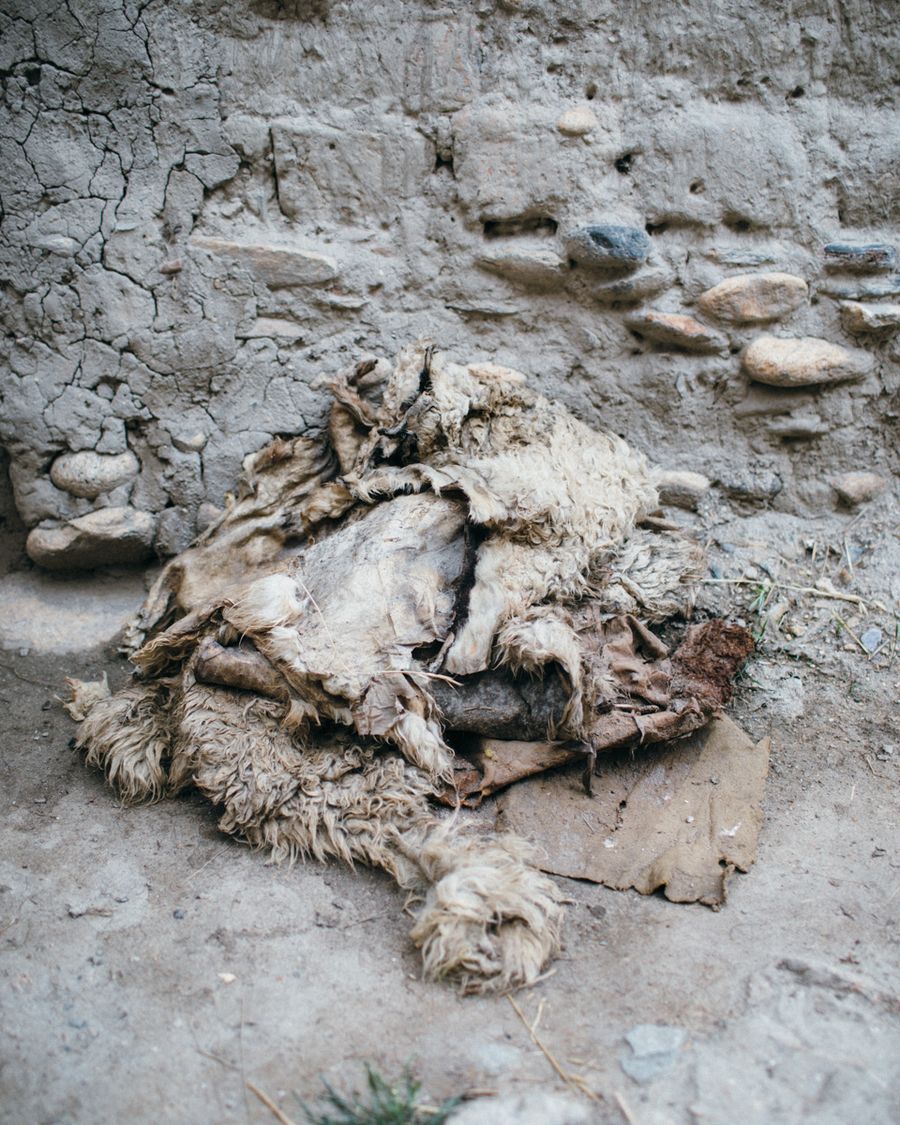
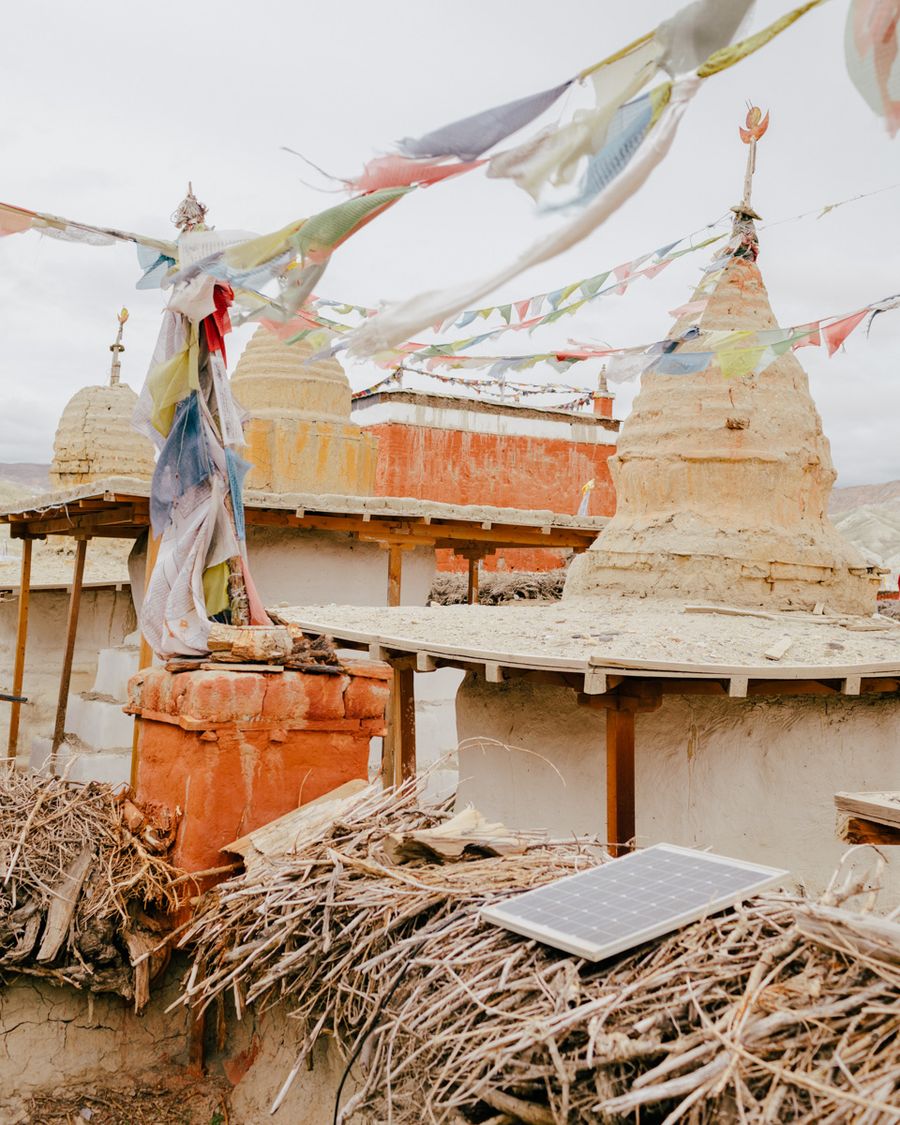
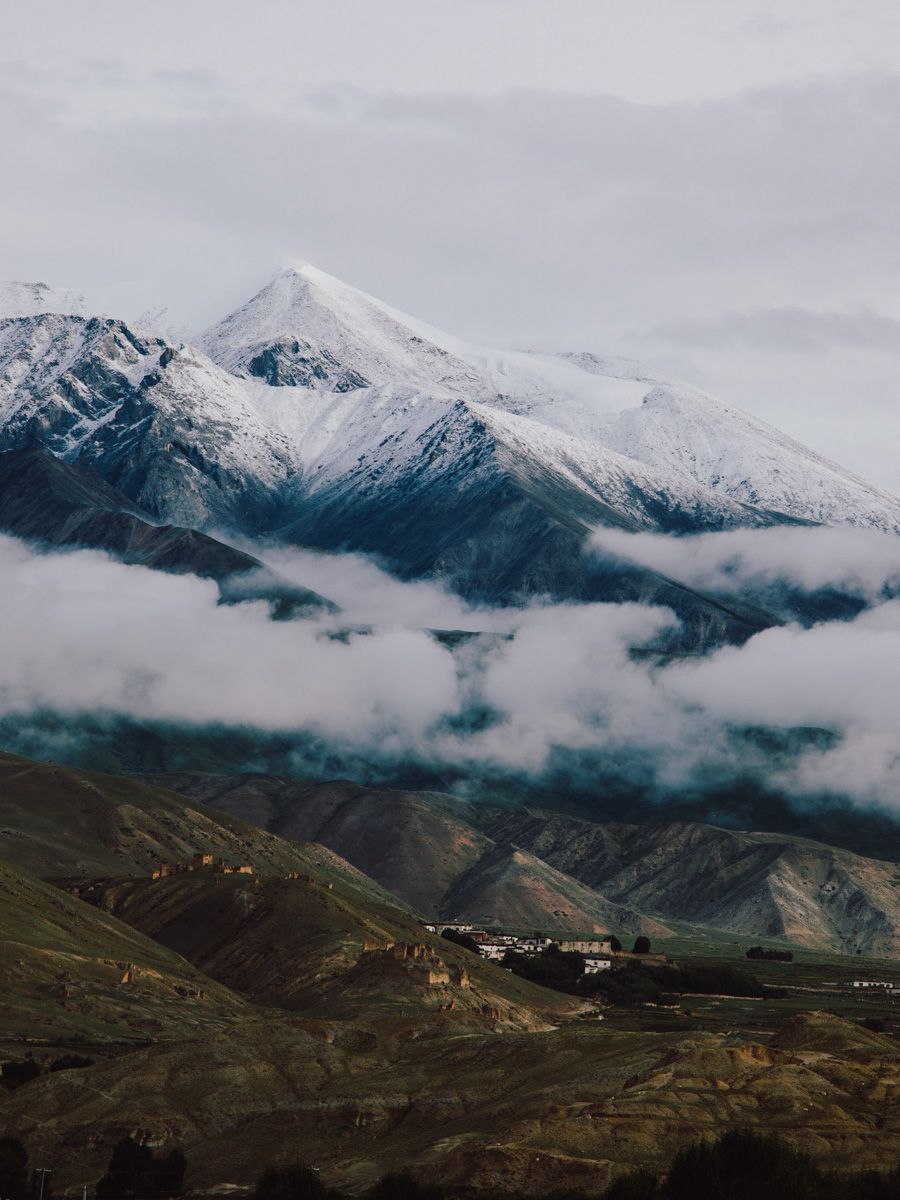
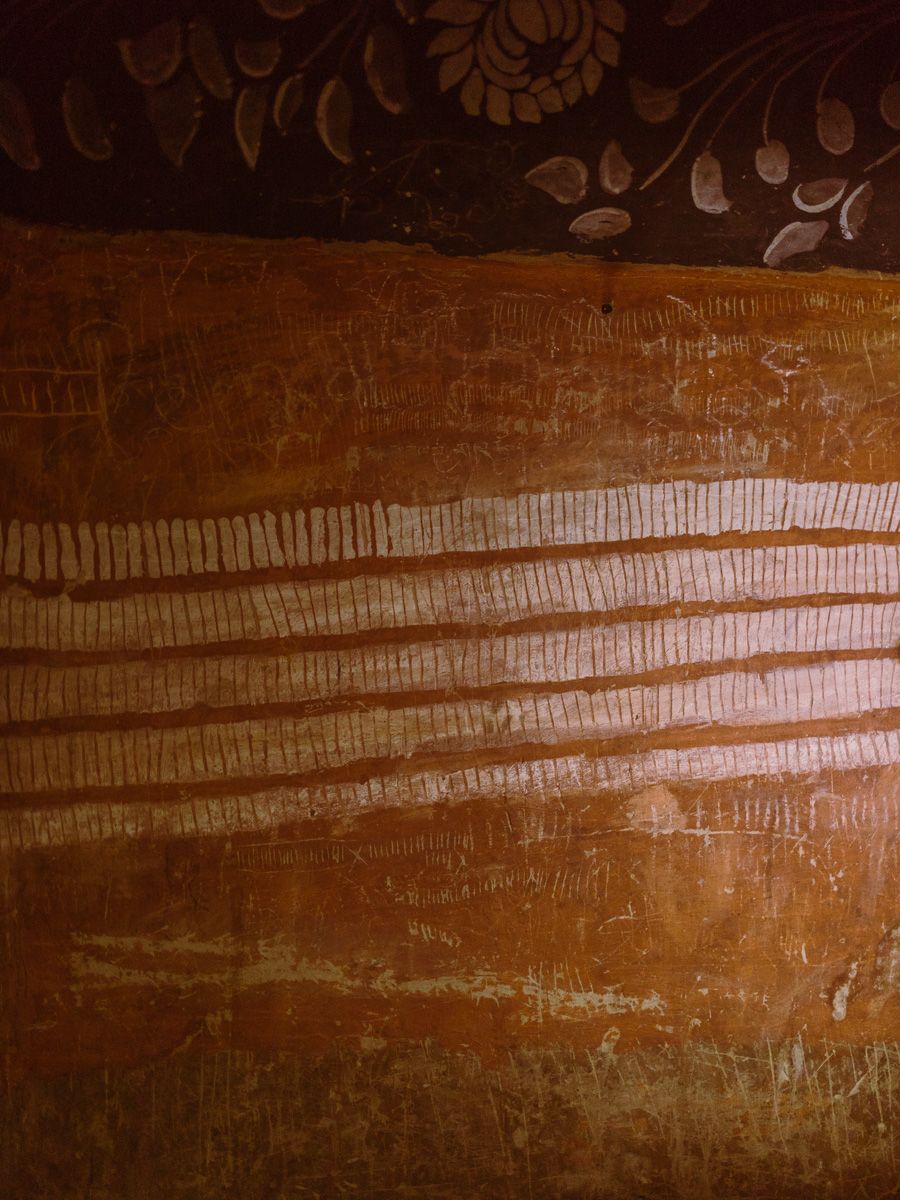
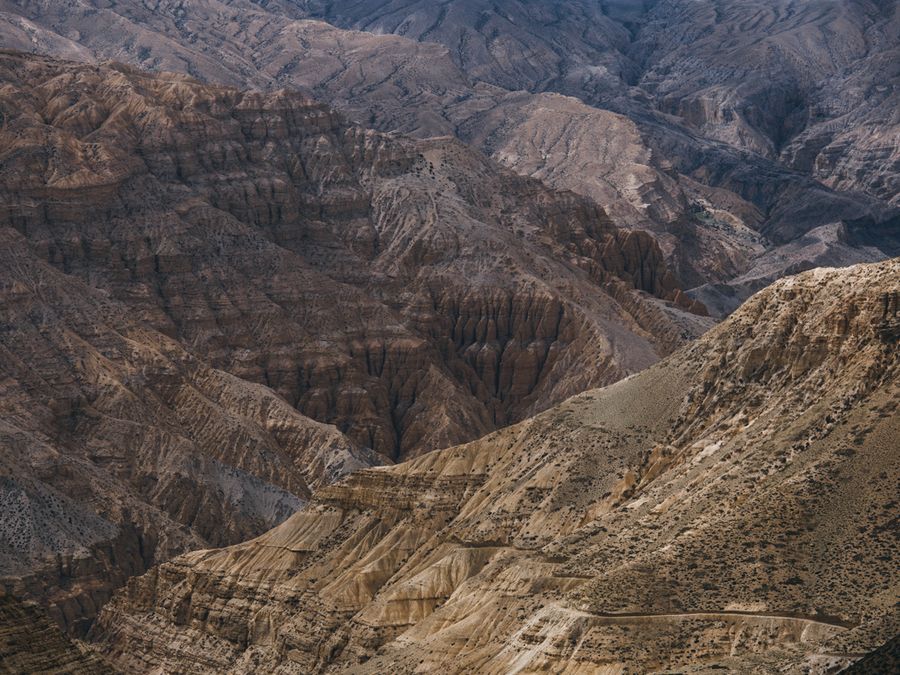
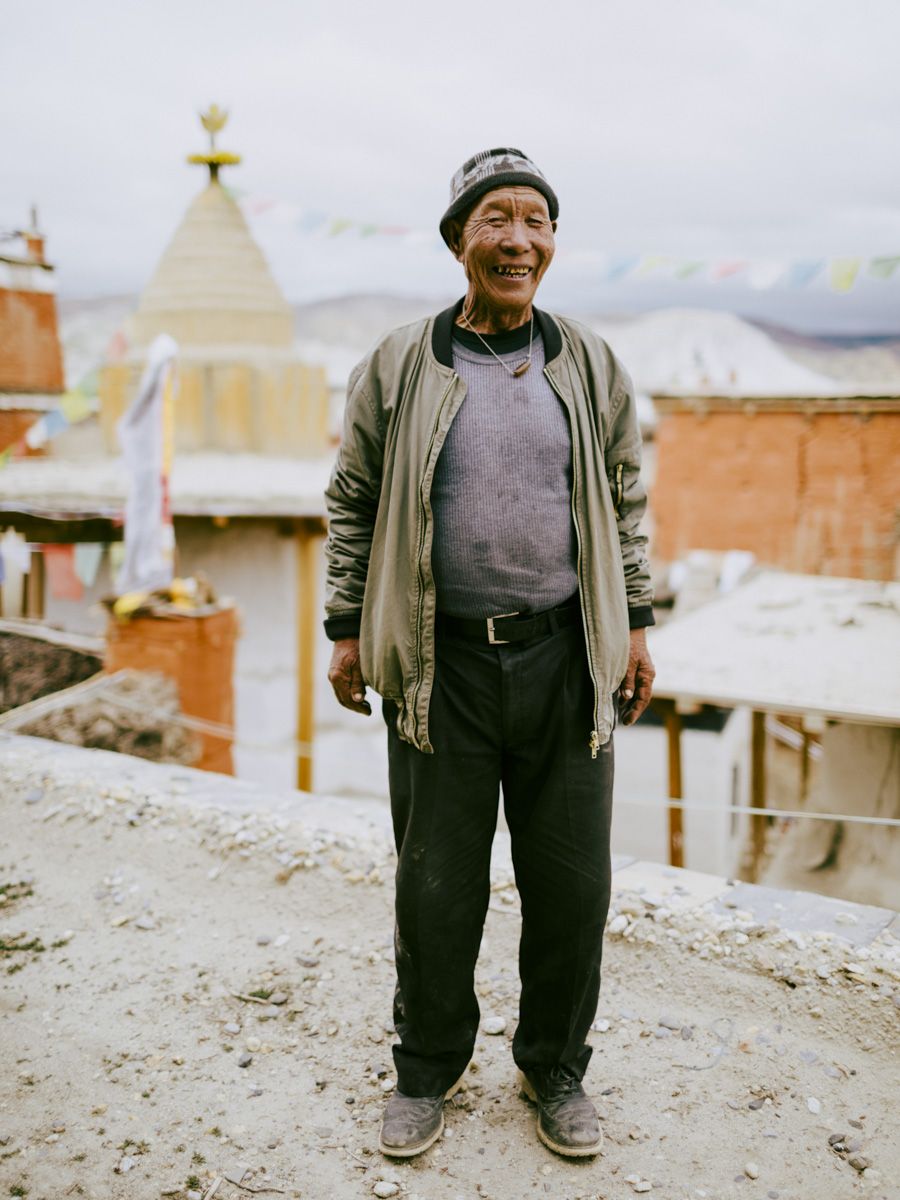
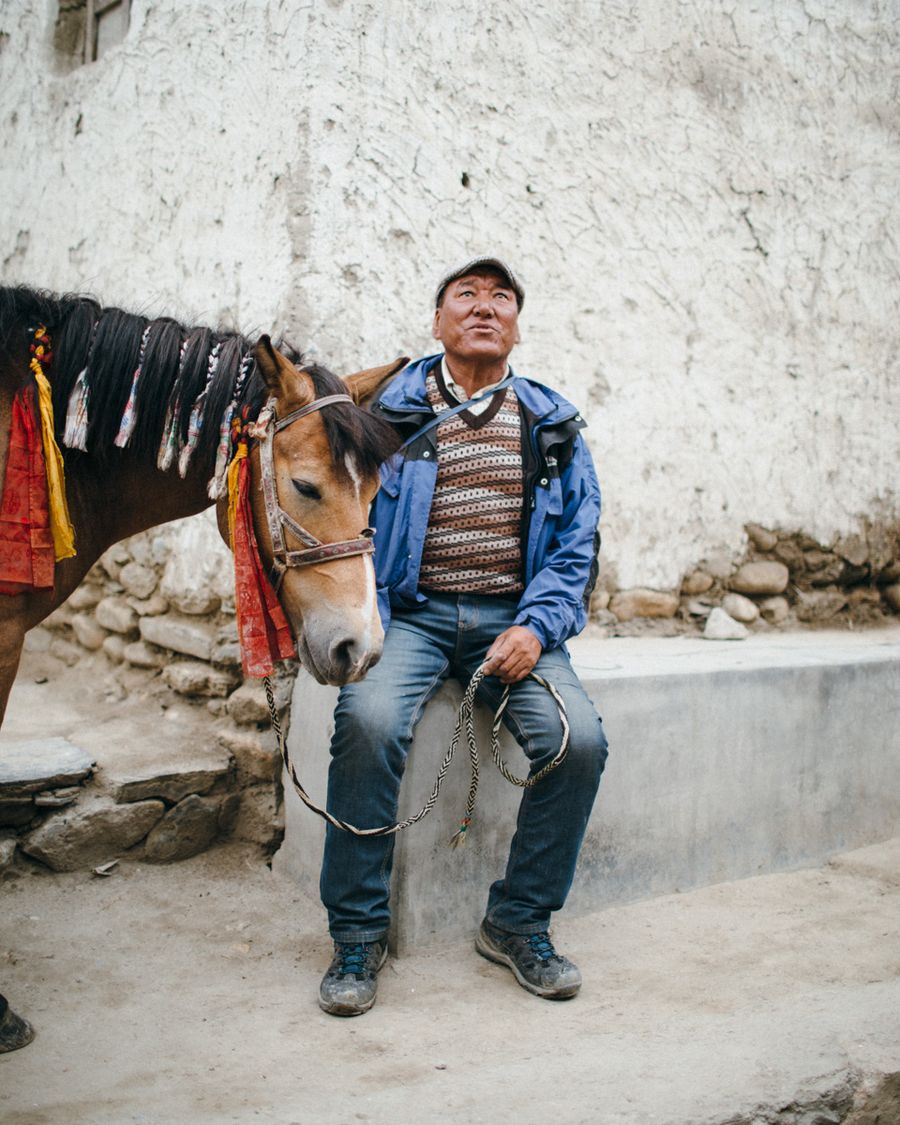
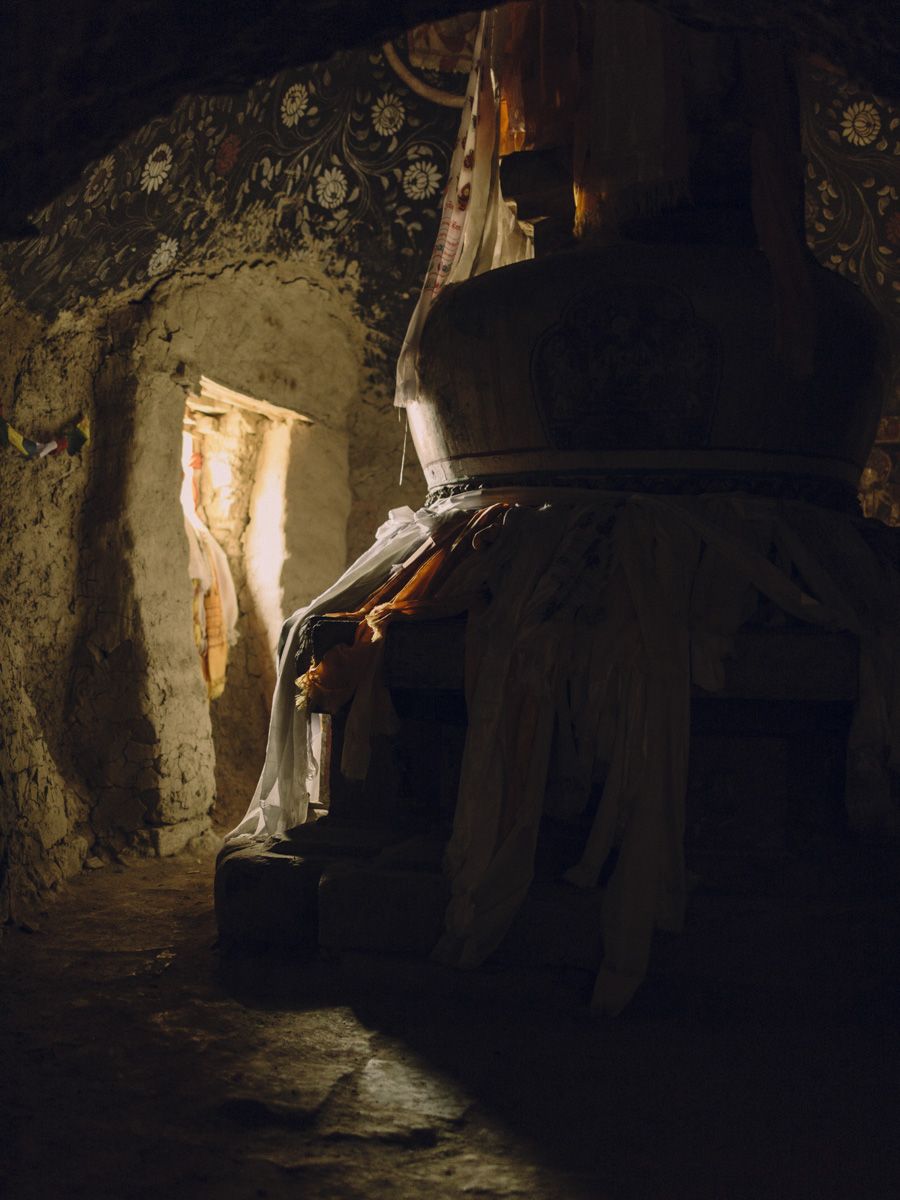
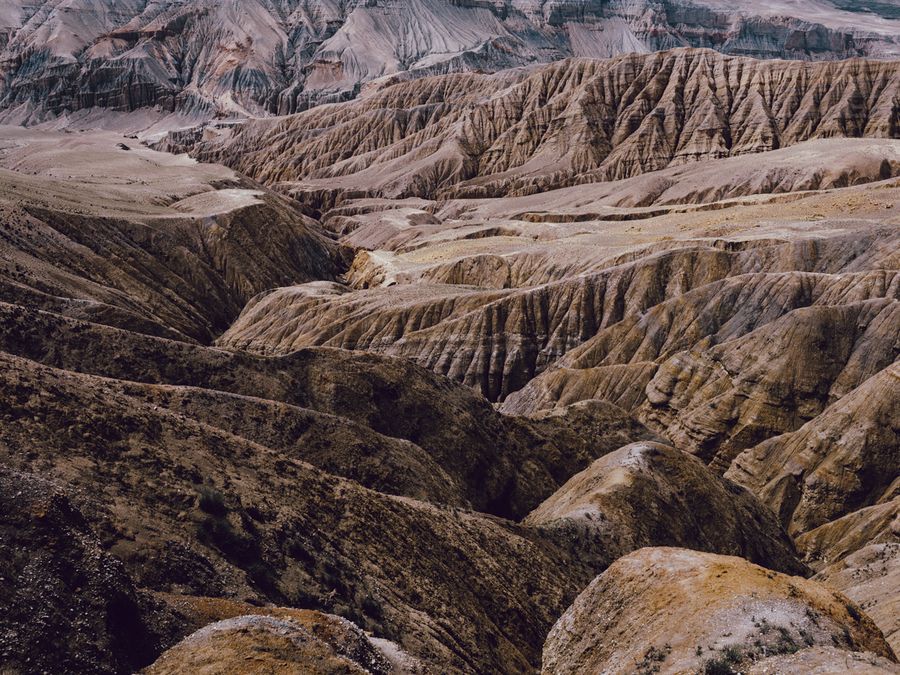
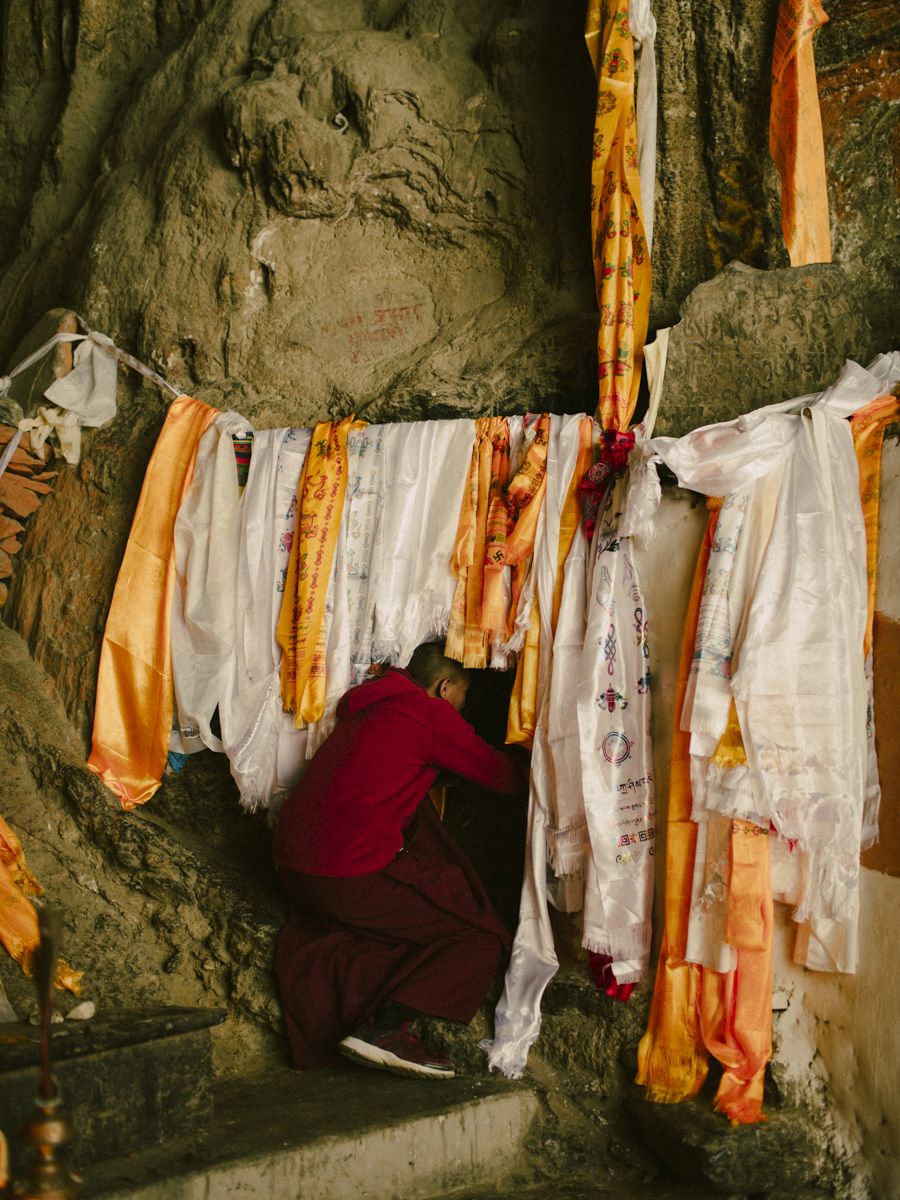
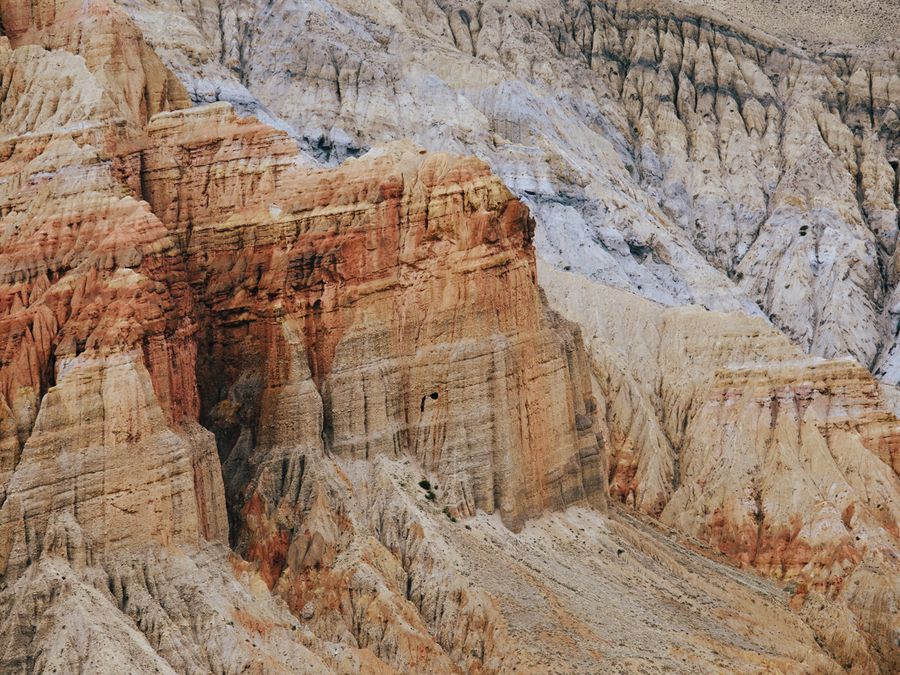
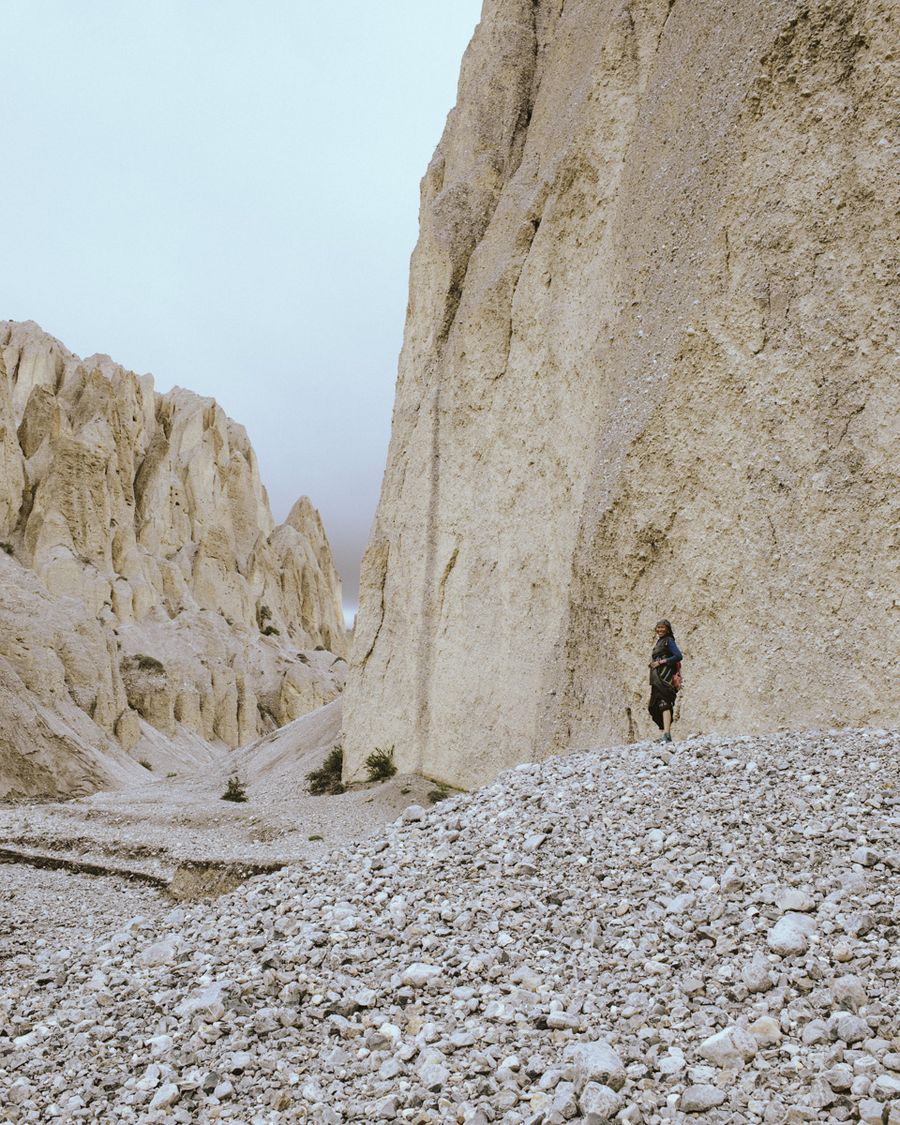
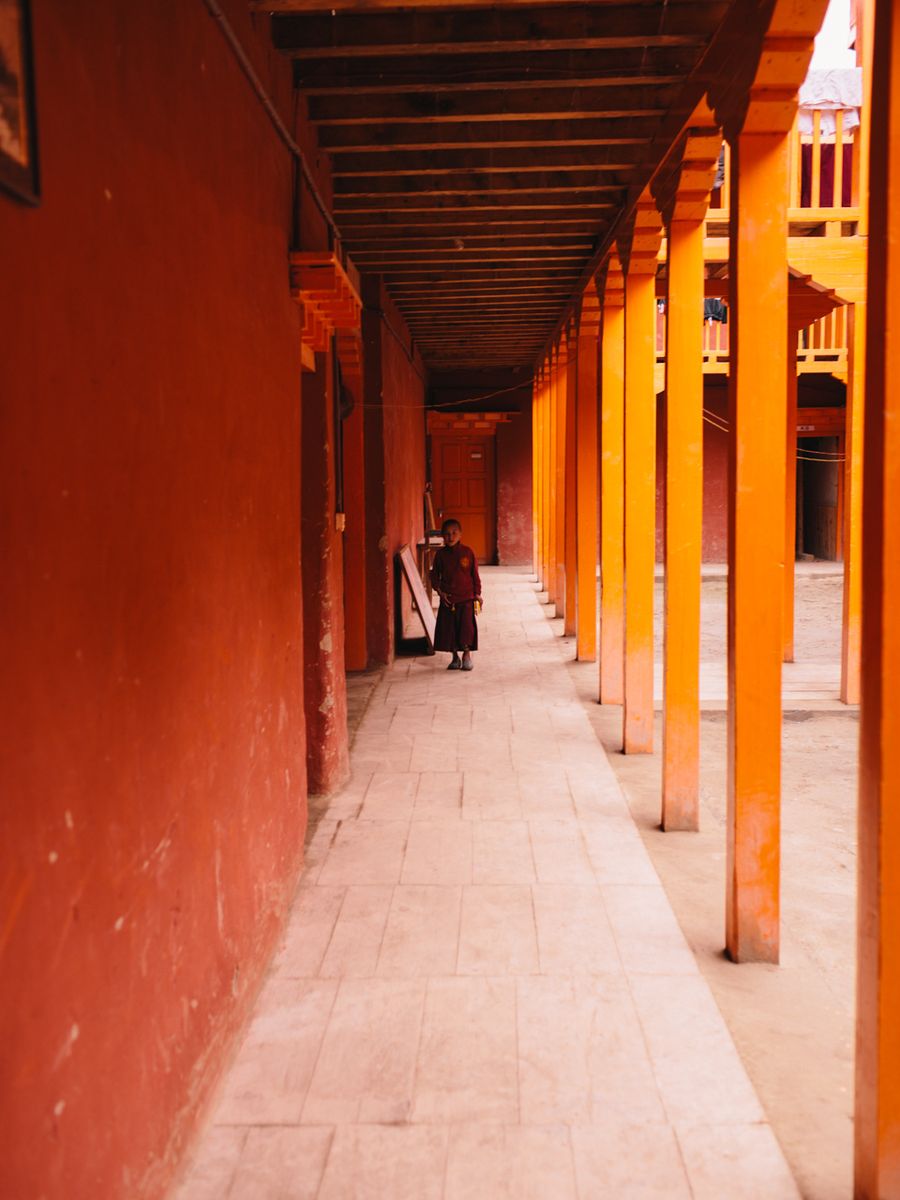
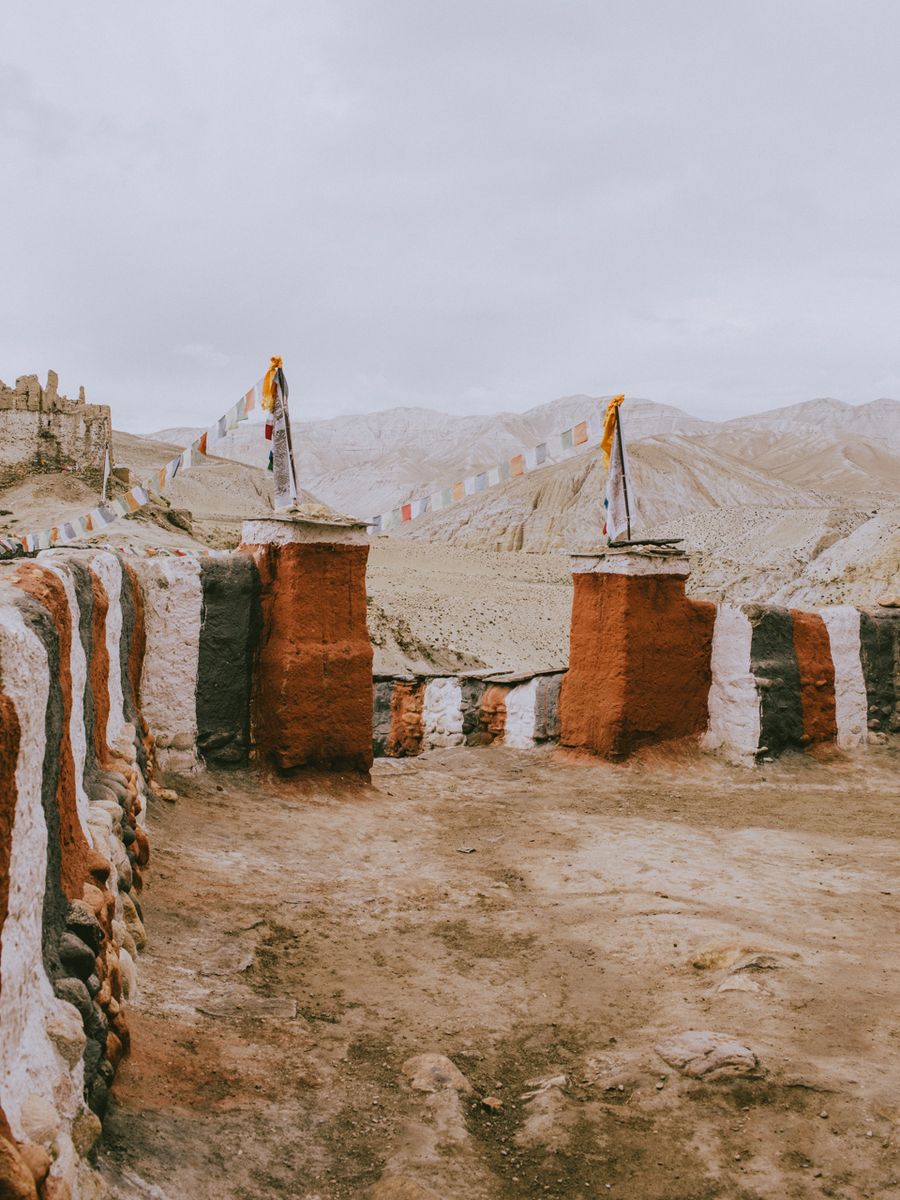
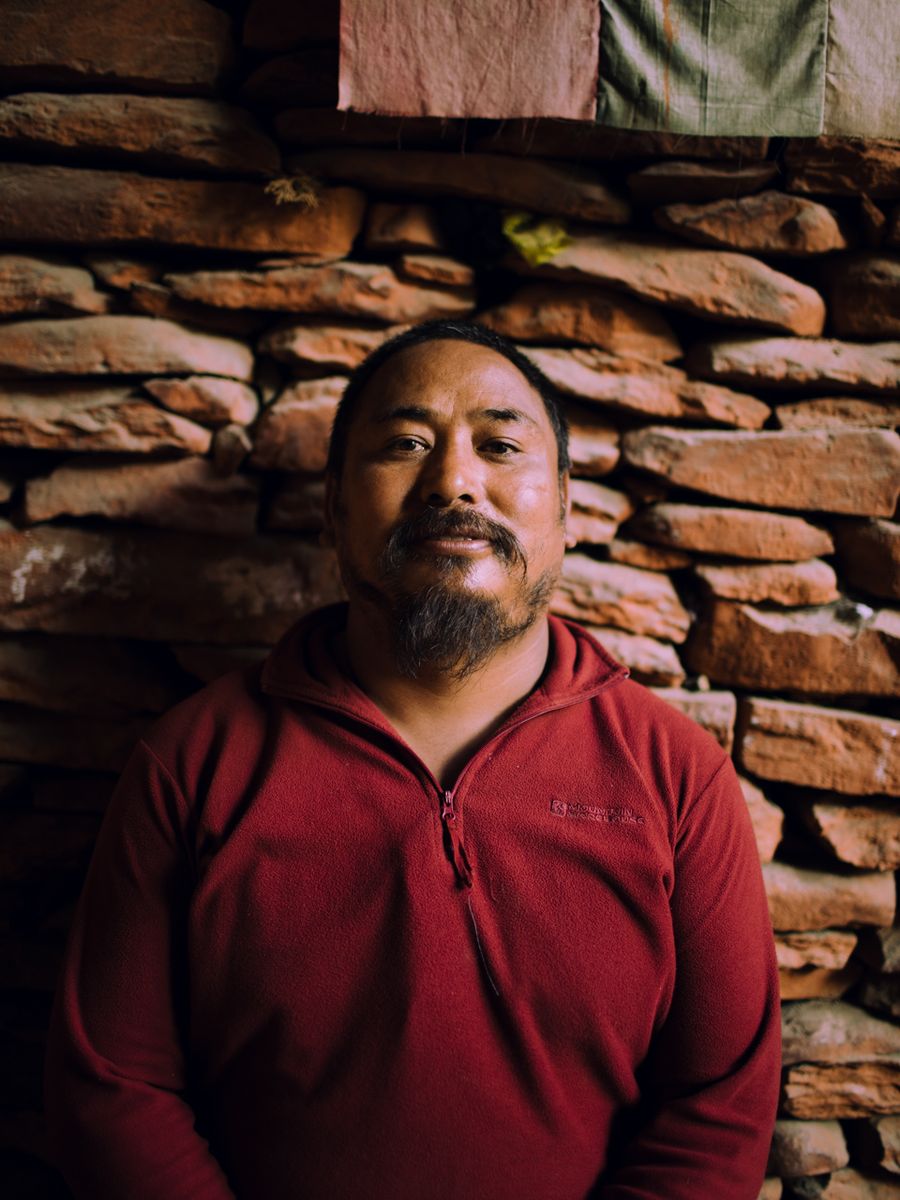
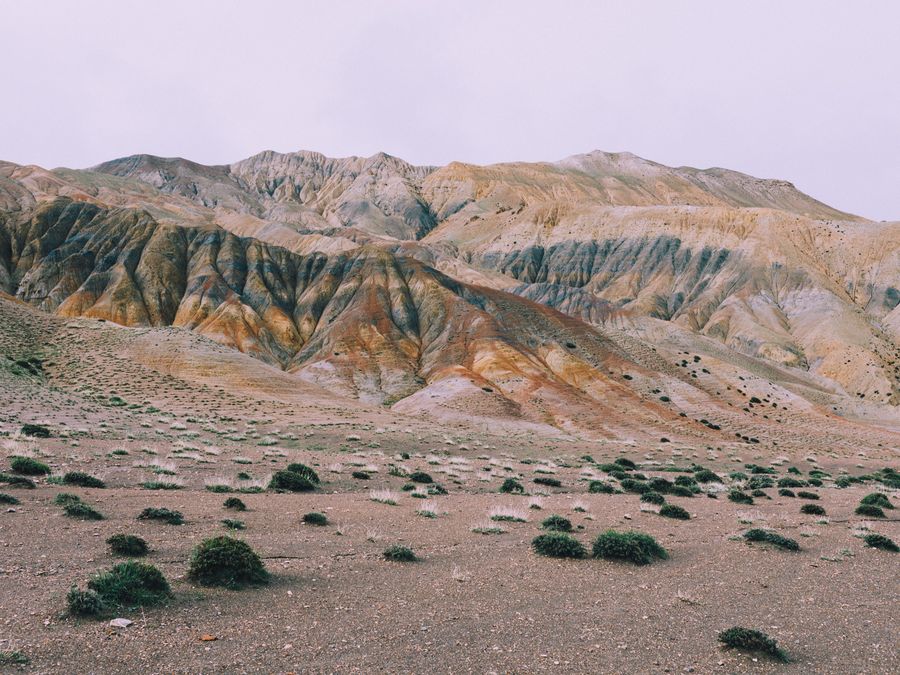
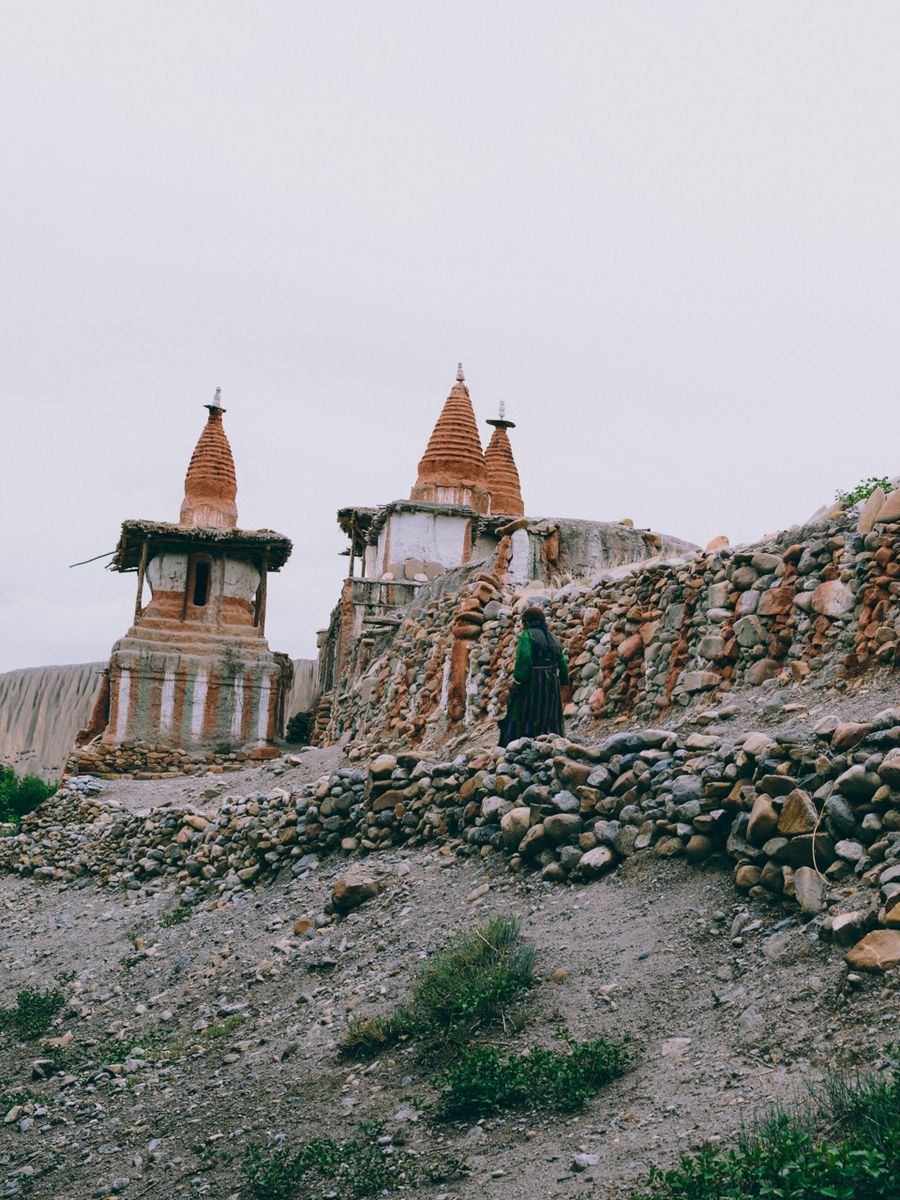
Kingdom of Lo — Personal
Upper Mustang, formerly the Kingdom of Lo, is one of the most uniquely preserved regions in the world, by virtue of its extreme isolation and its long standing demilitarised status. Up until 1992 access was completely forbidden following conflict against the Chinese occupation of Tibet in 1950.
In recent years the people of Mustang – the Loba, have been under threat from unavoidable globalisation. A road connecting the lowlands of Nepal, although ostensibly India and China, is under construction. While this corridor through the high passes has always been an important trade route, its modern incidence it has no place for – in particular a problem relevant the world over; plastic waste.
Sitting in the rain shadow of the Himalayas means that Mustang is heavily reliant on the meltwater from the glaciers that flank the valley which are hastily receding. Some these glaciers have already run dry leaving some villages abandoned, translocating to other more reliable water sources. There is little vegetation to hide the lines of ancient sediment that paint the hillsides, tracing the history of the land back millions of years – to when the Tethys ocean drained from the high Tibetan plateau.
The rich Buddhist culture and breathtakingly vast landscape of Mustang runs deep within the collective memory of its inhabitants. Their houses overlooked by caves, thousands of years old, where their ancestors lived out their lives, surrounded by myths and legends of ogresses and spirit demons that forged the lonely valleys and relentlessly windy passes.
Despite their recent loss of autonomy, the Loba possess great strength, pride, and resourcefulness – which can be ascribed to the harshness of their environment, which should all be powerful tools in retaining their cultural identity during a particularly changeable chapter of their history.